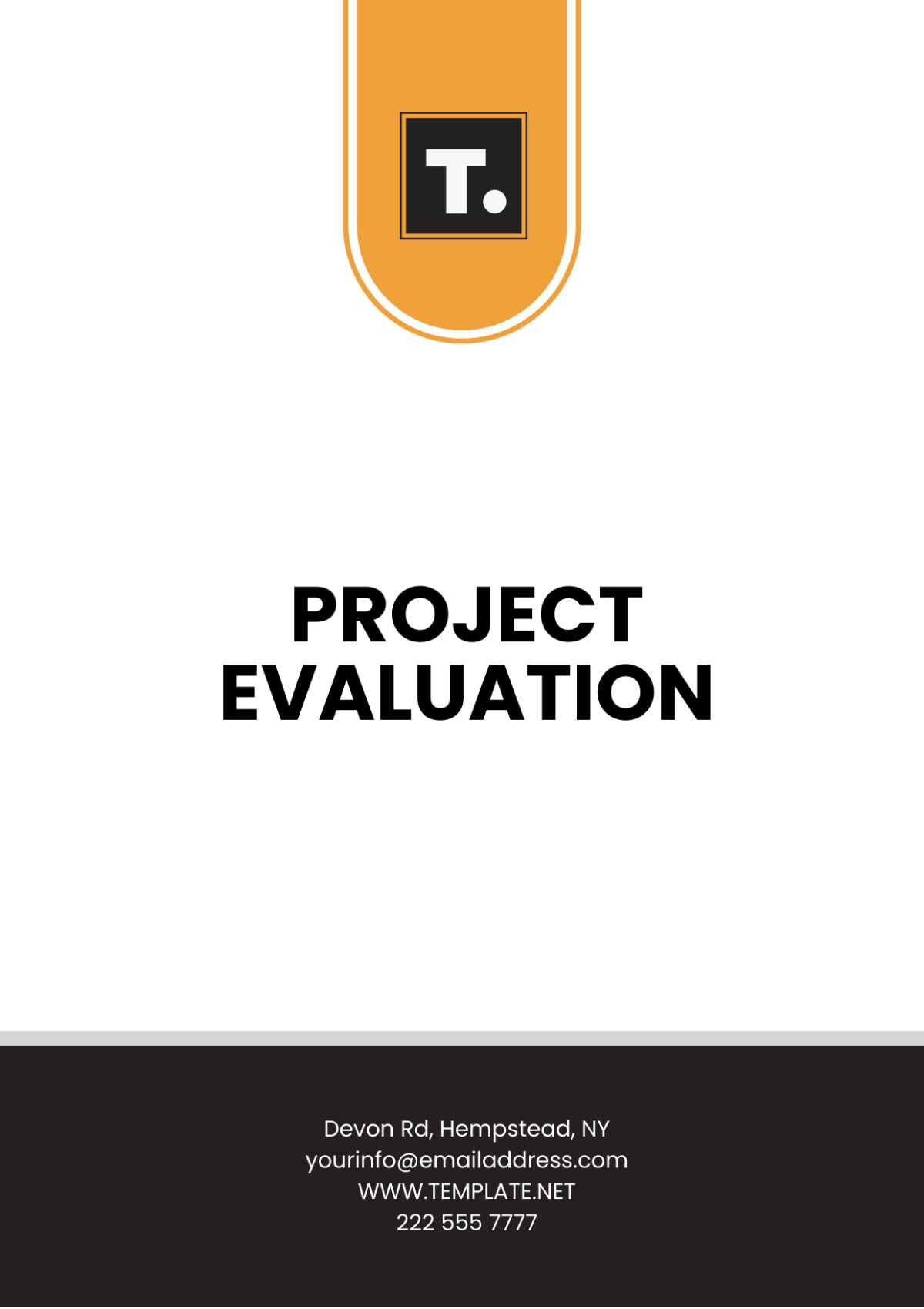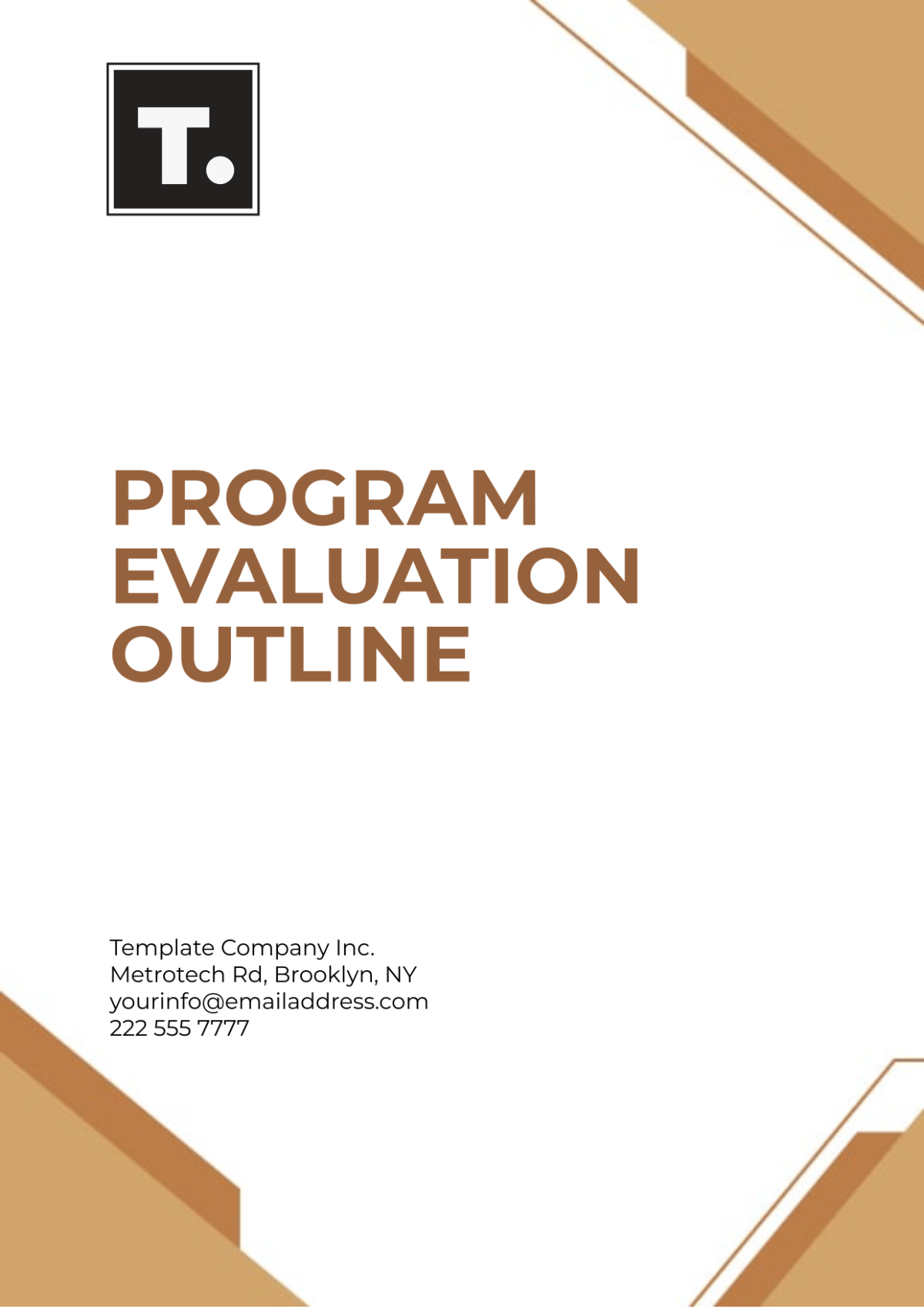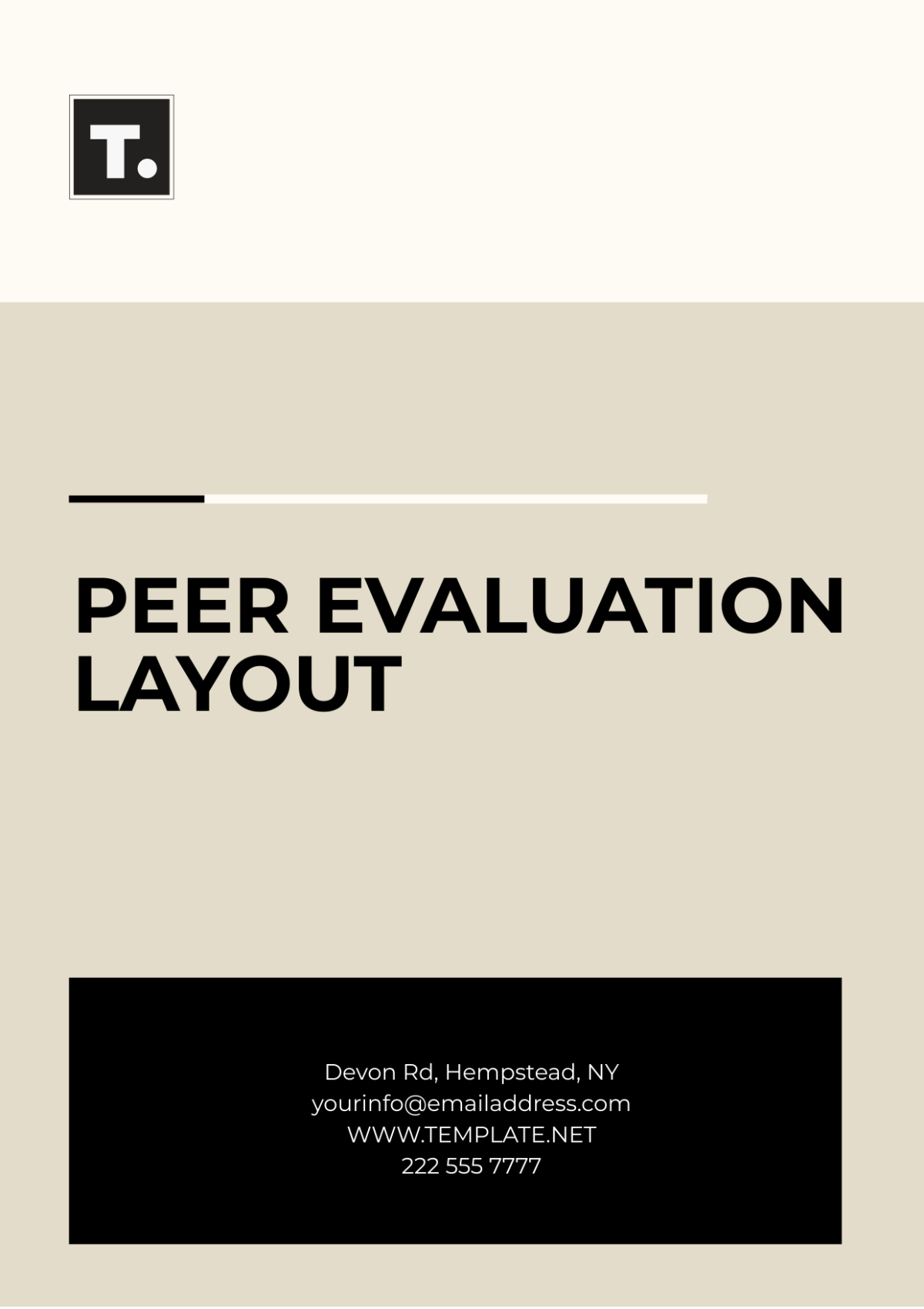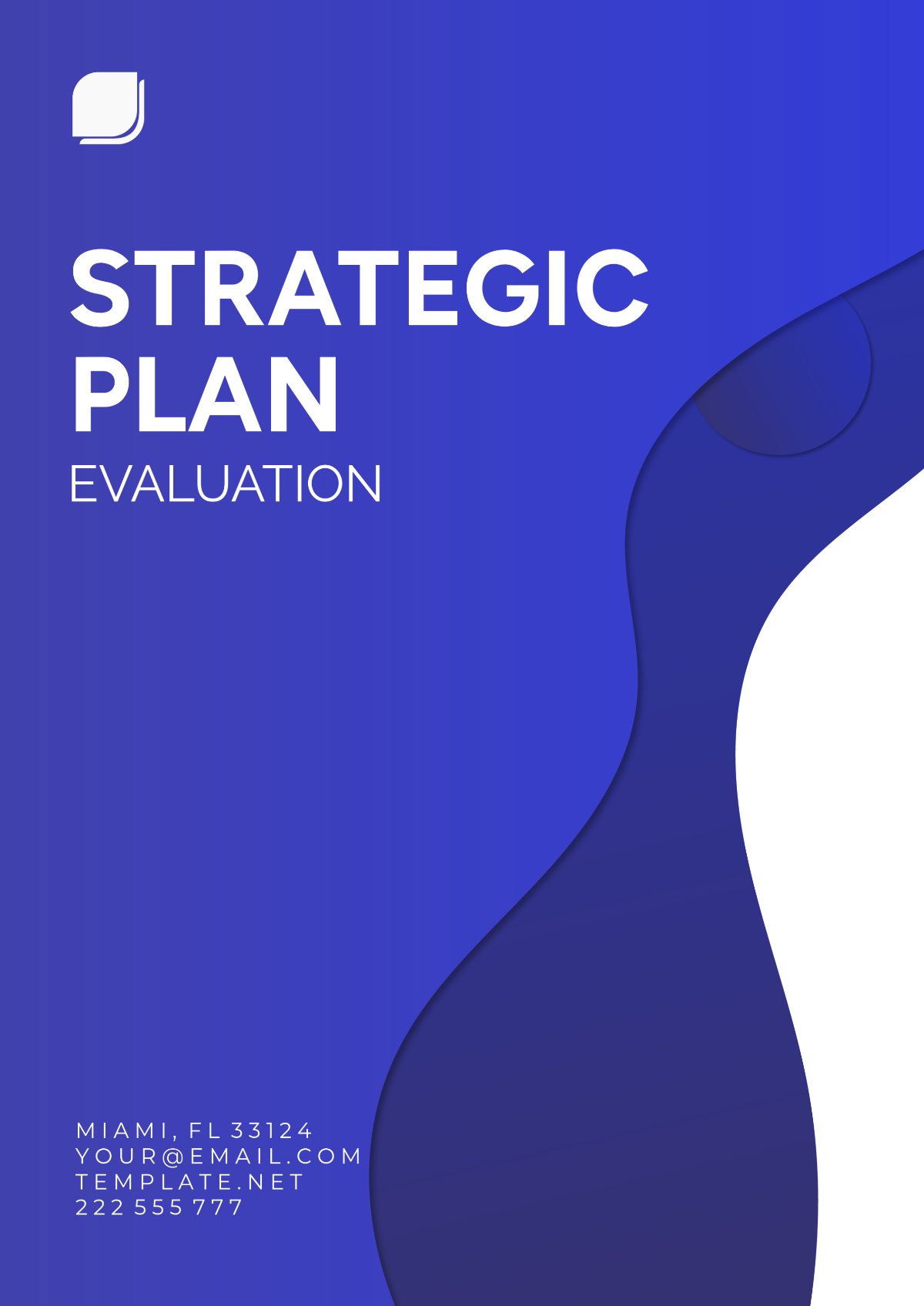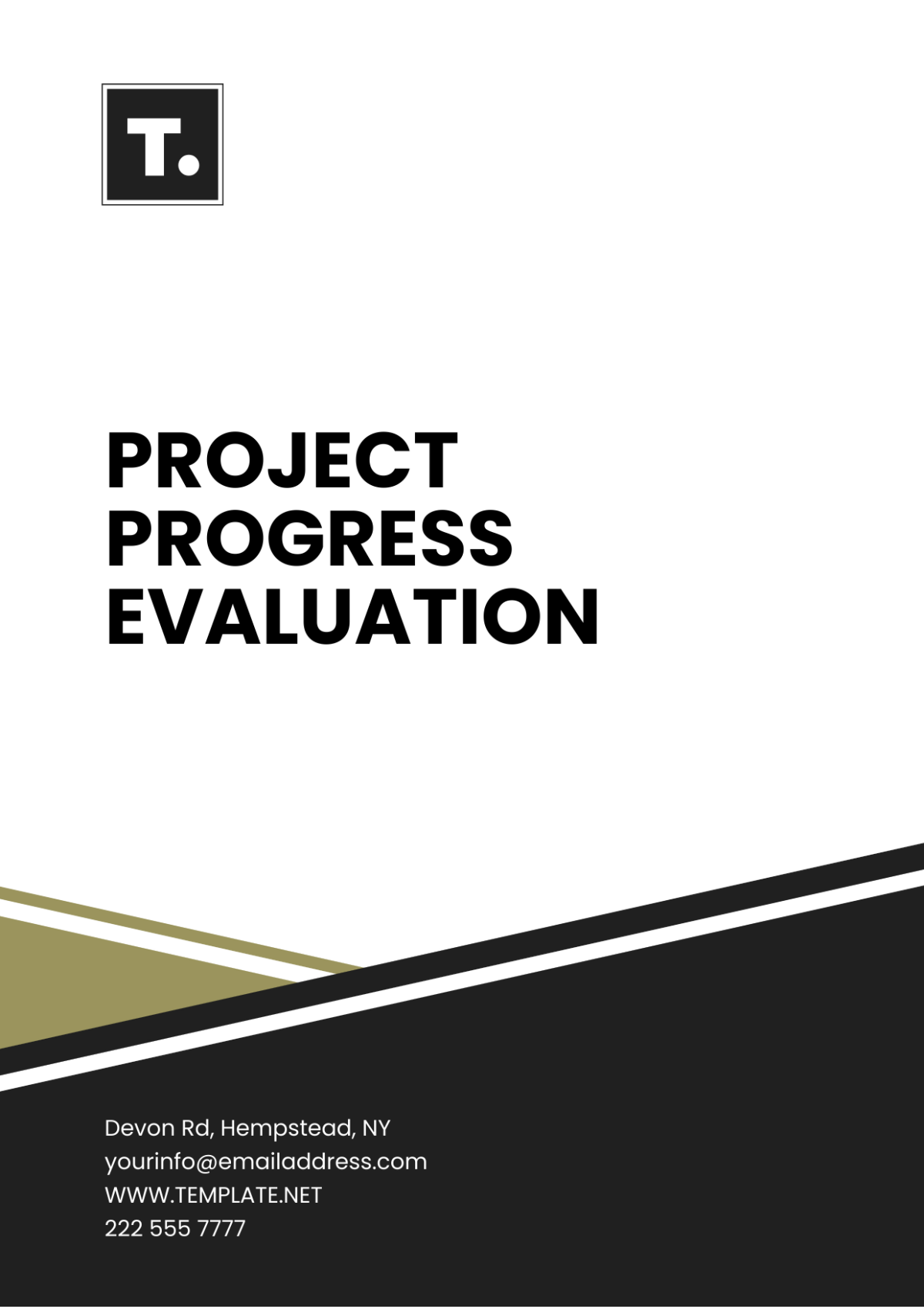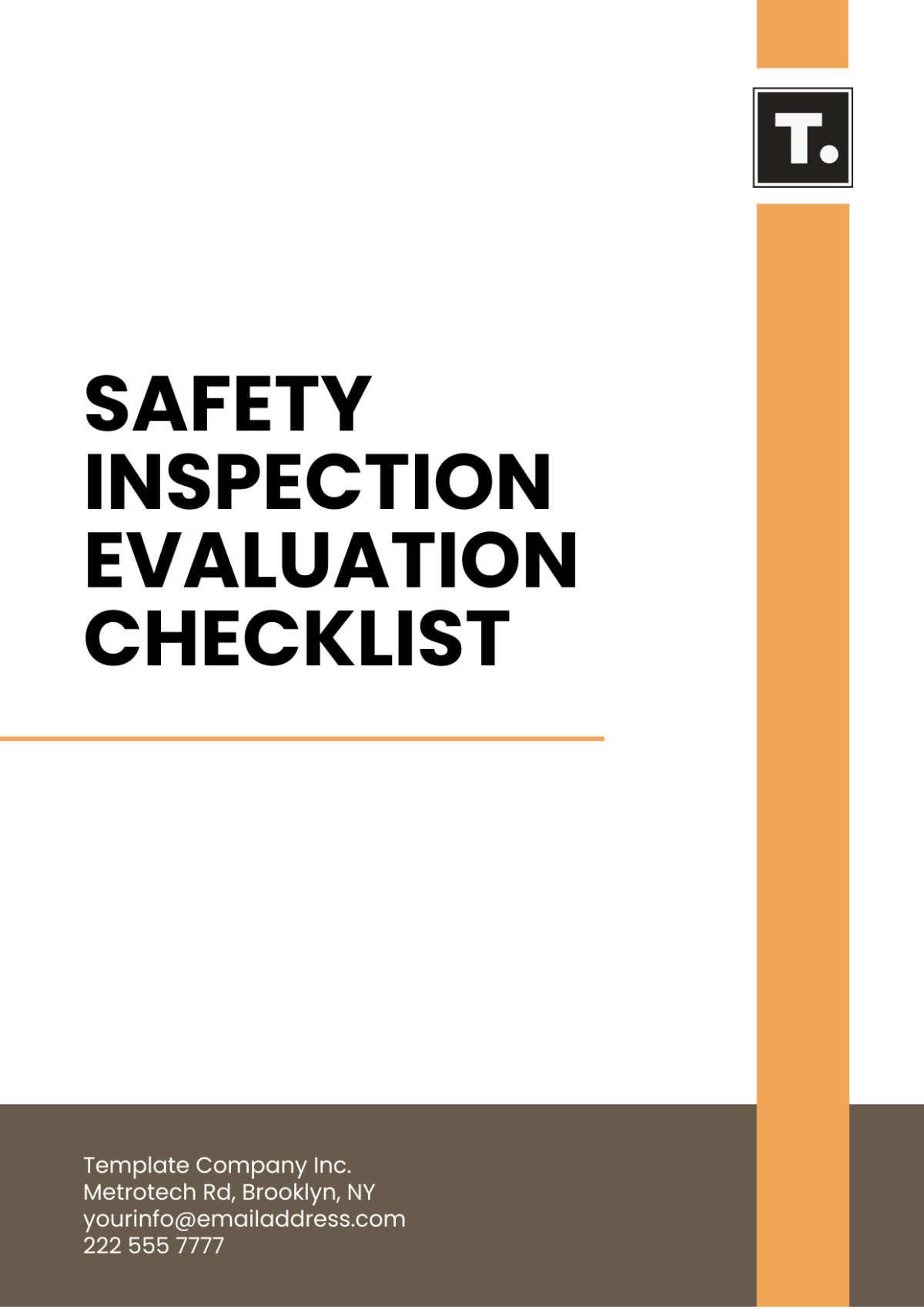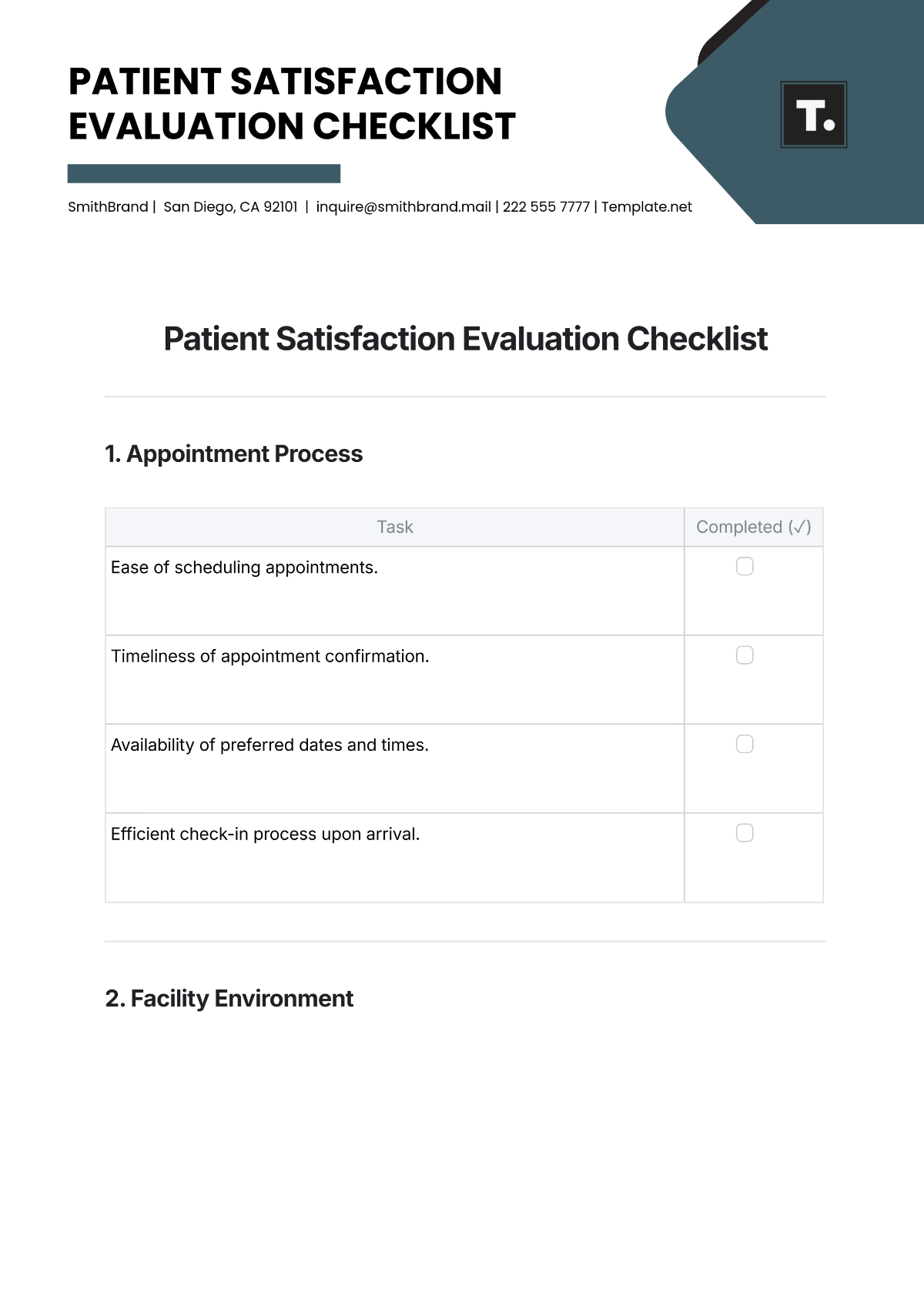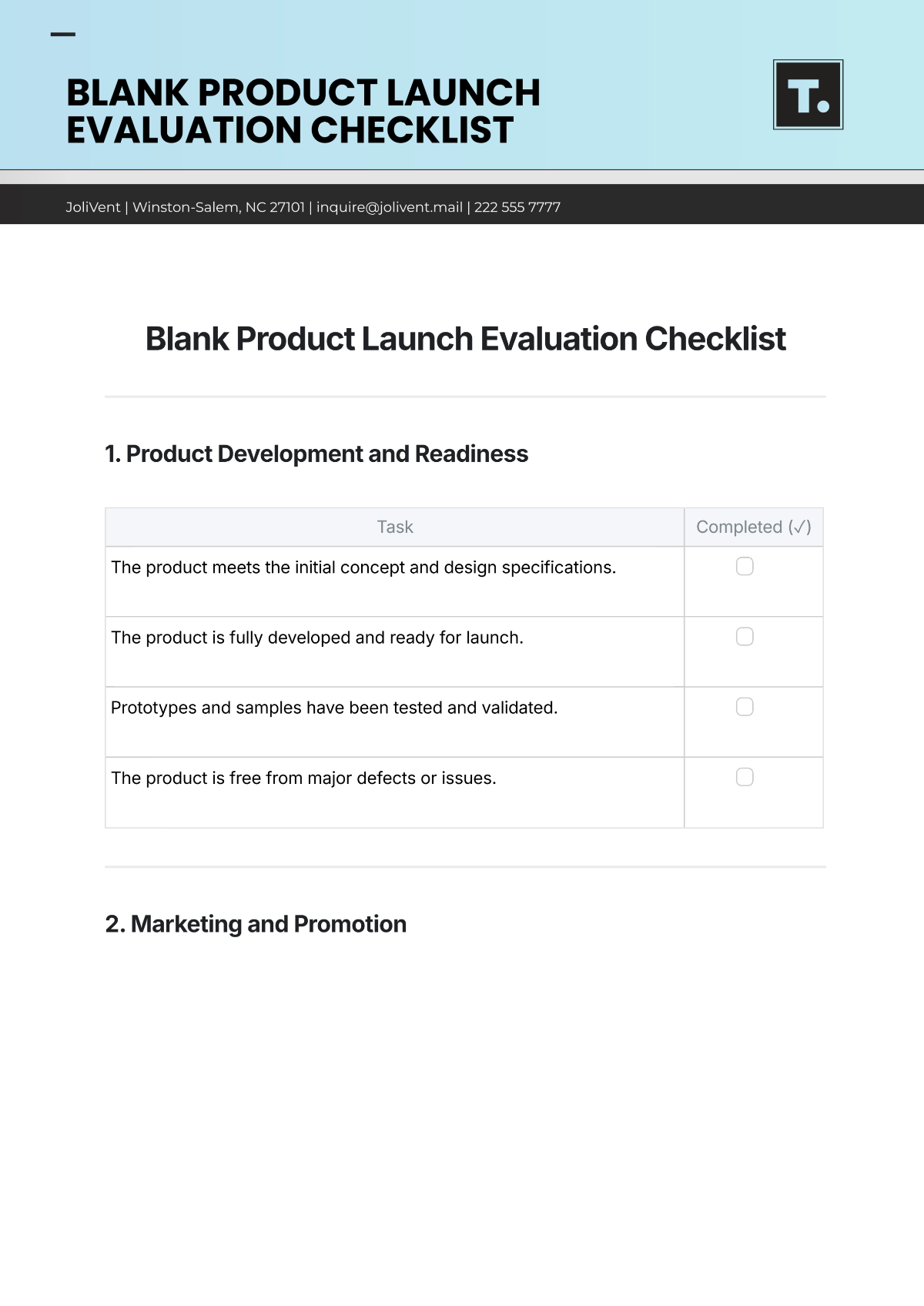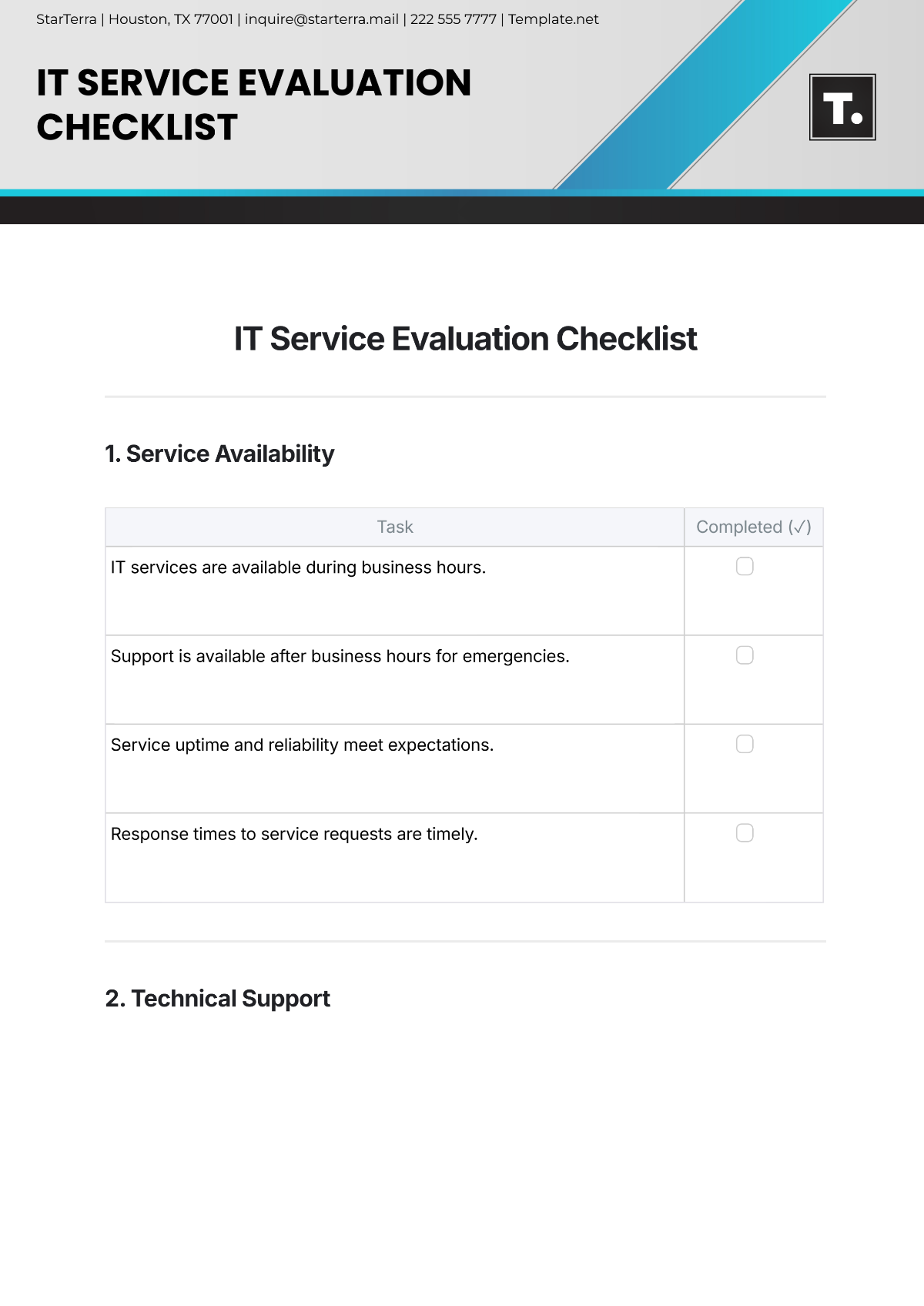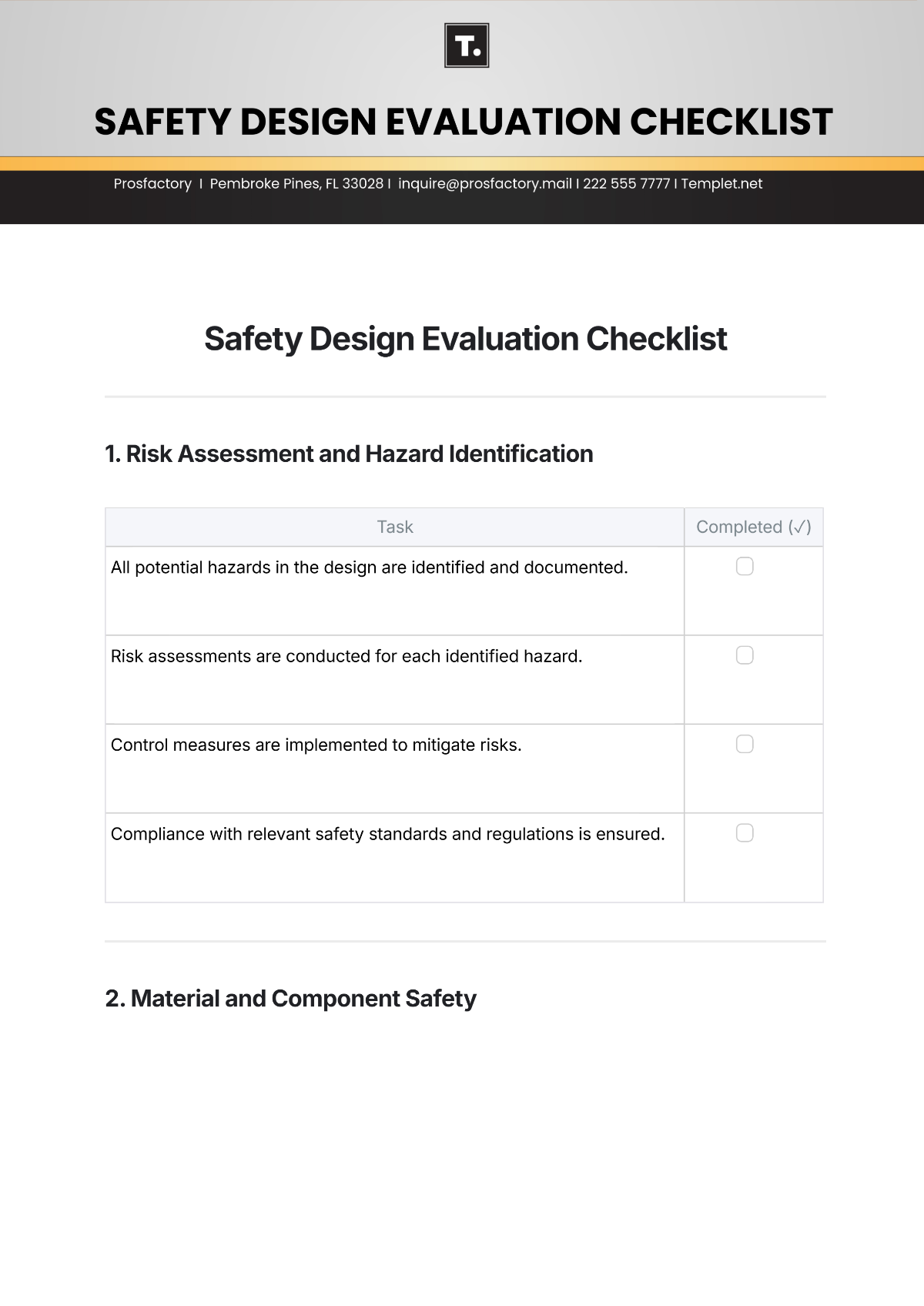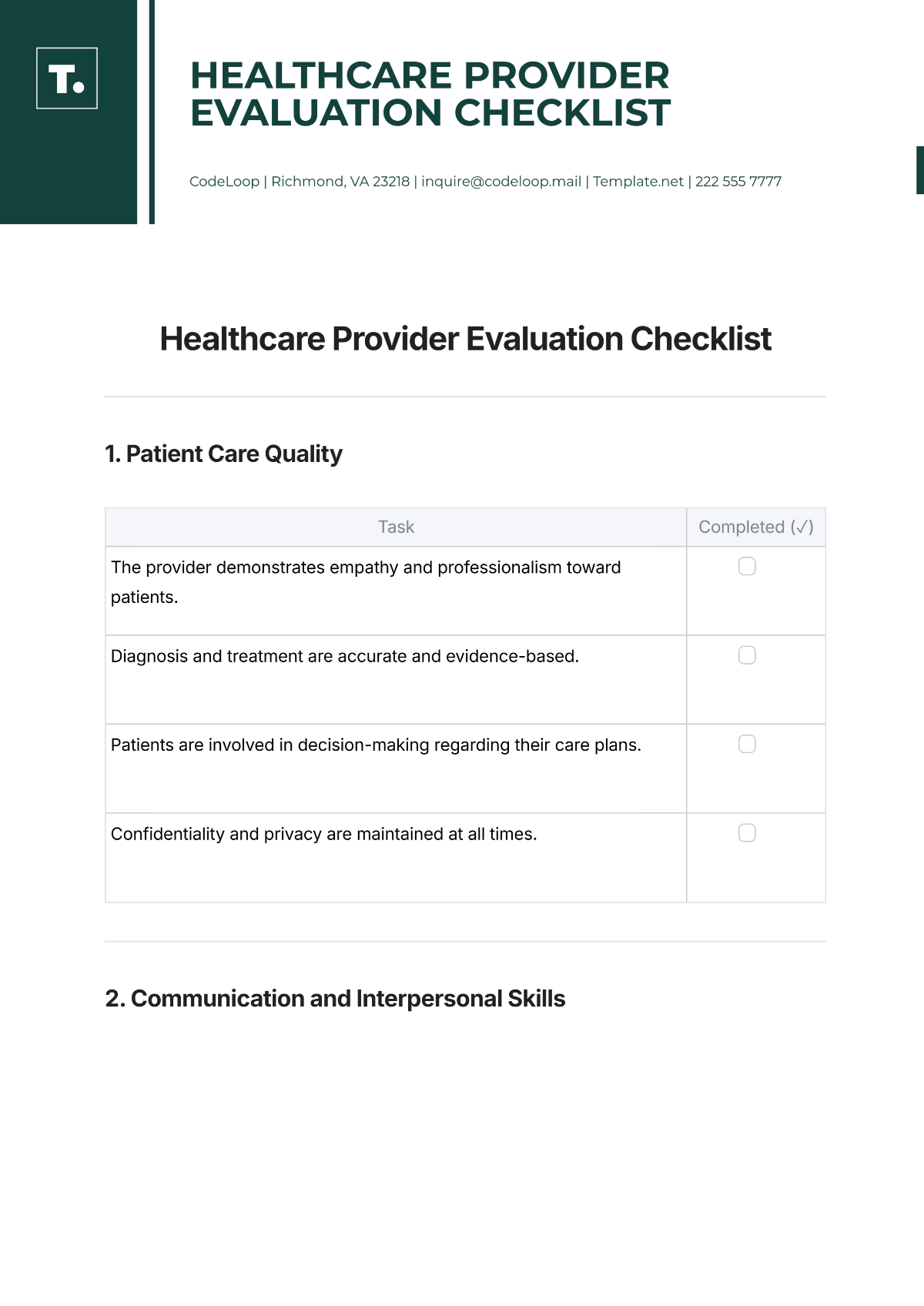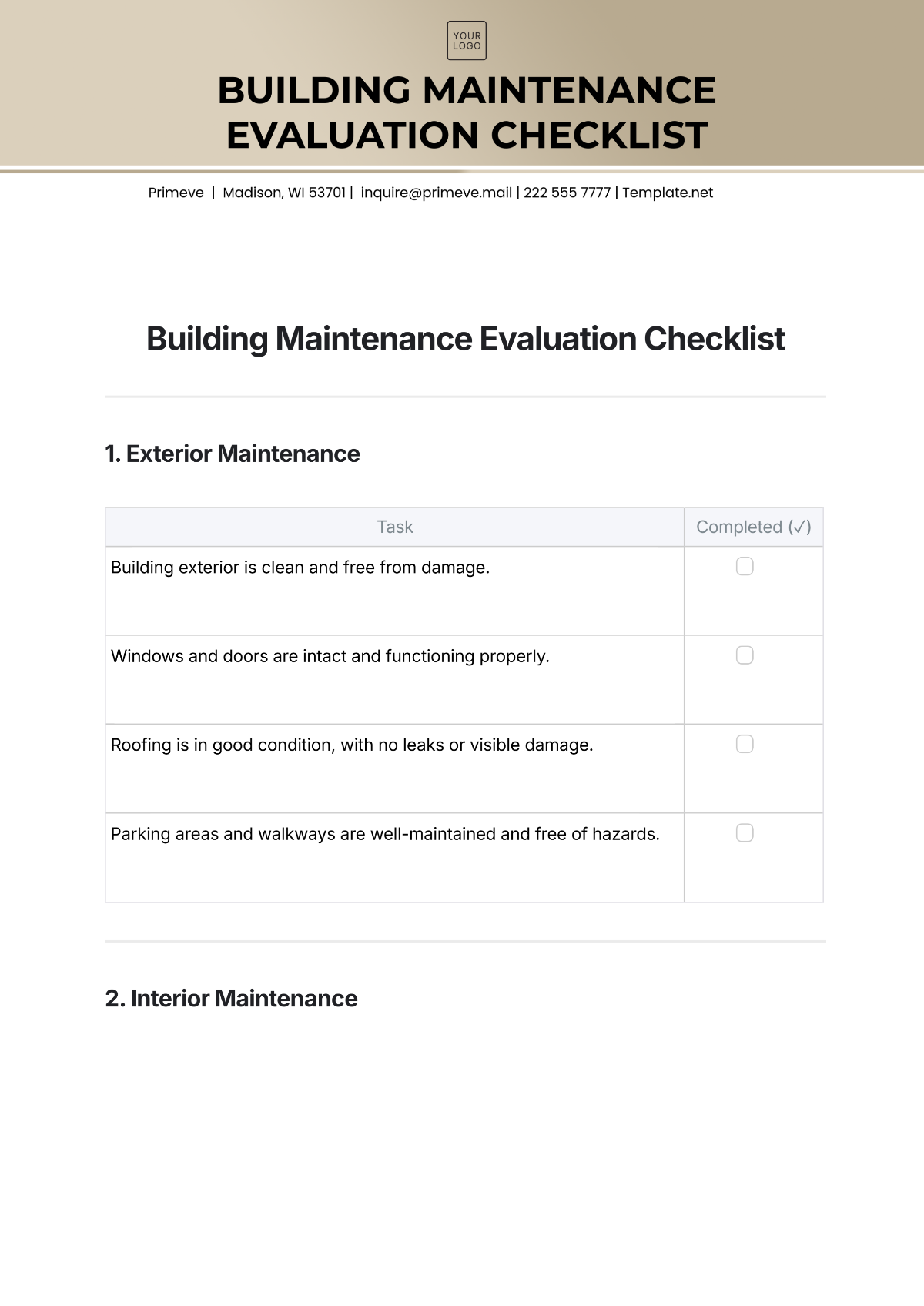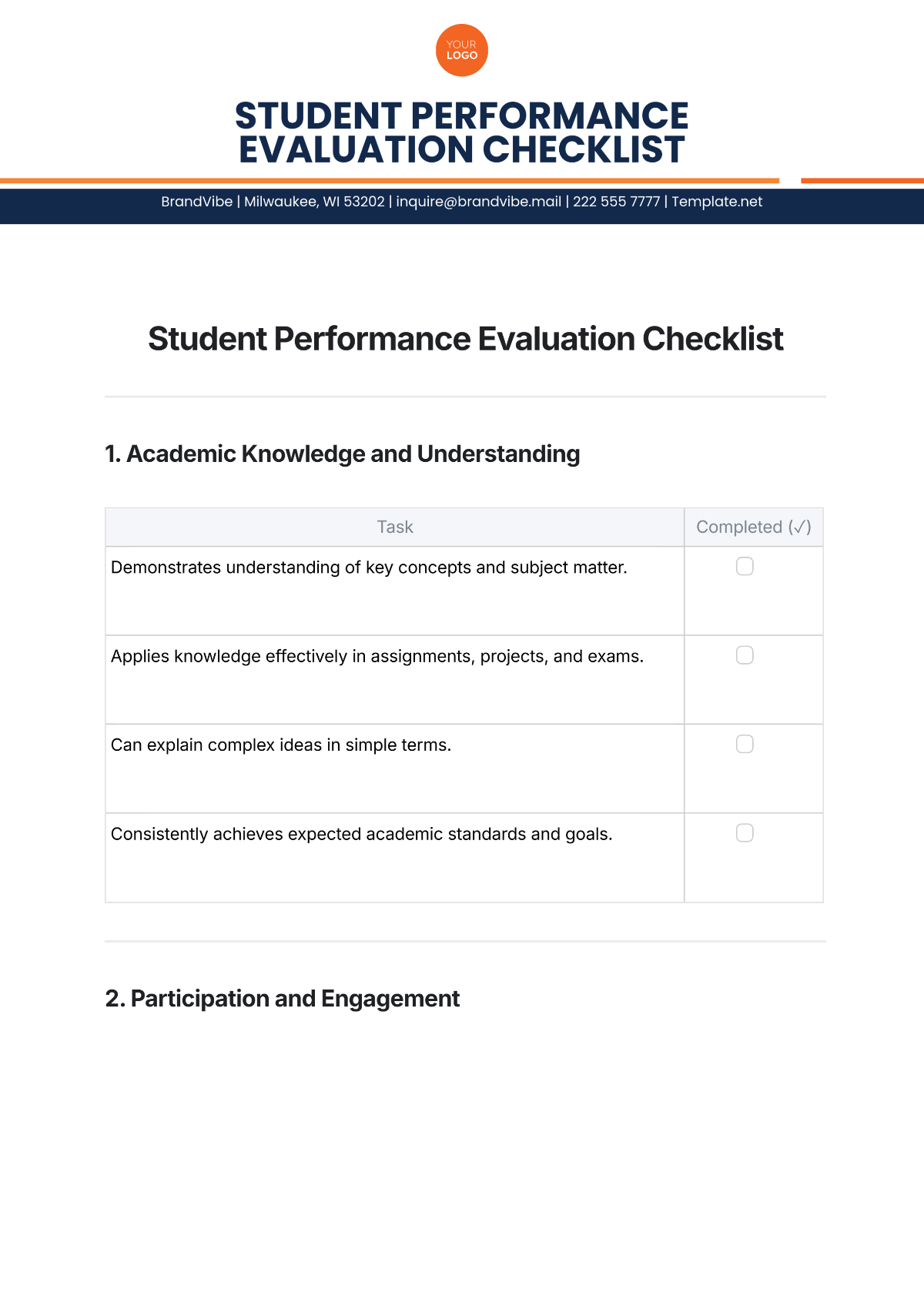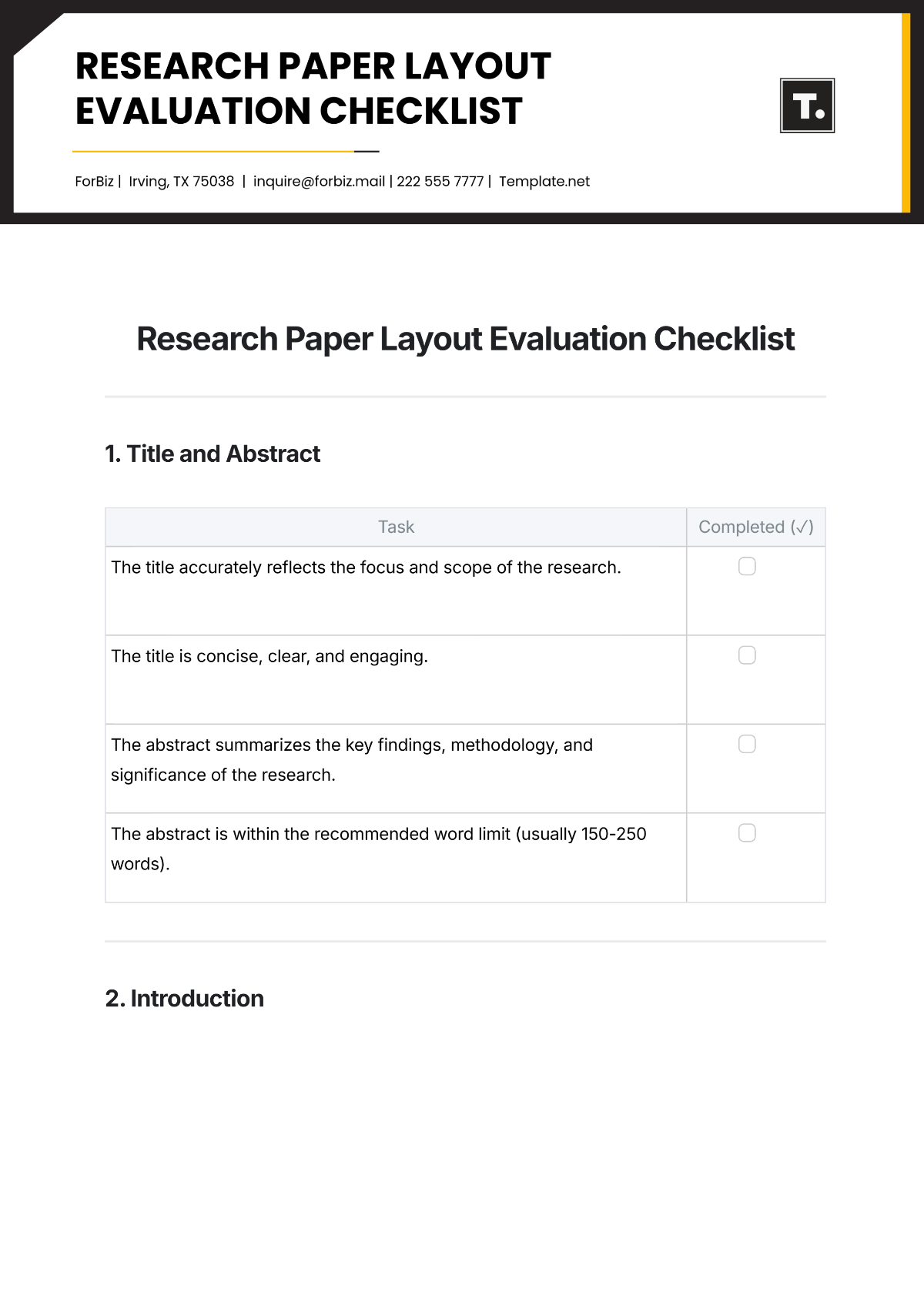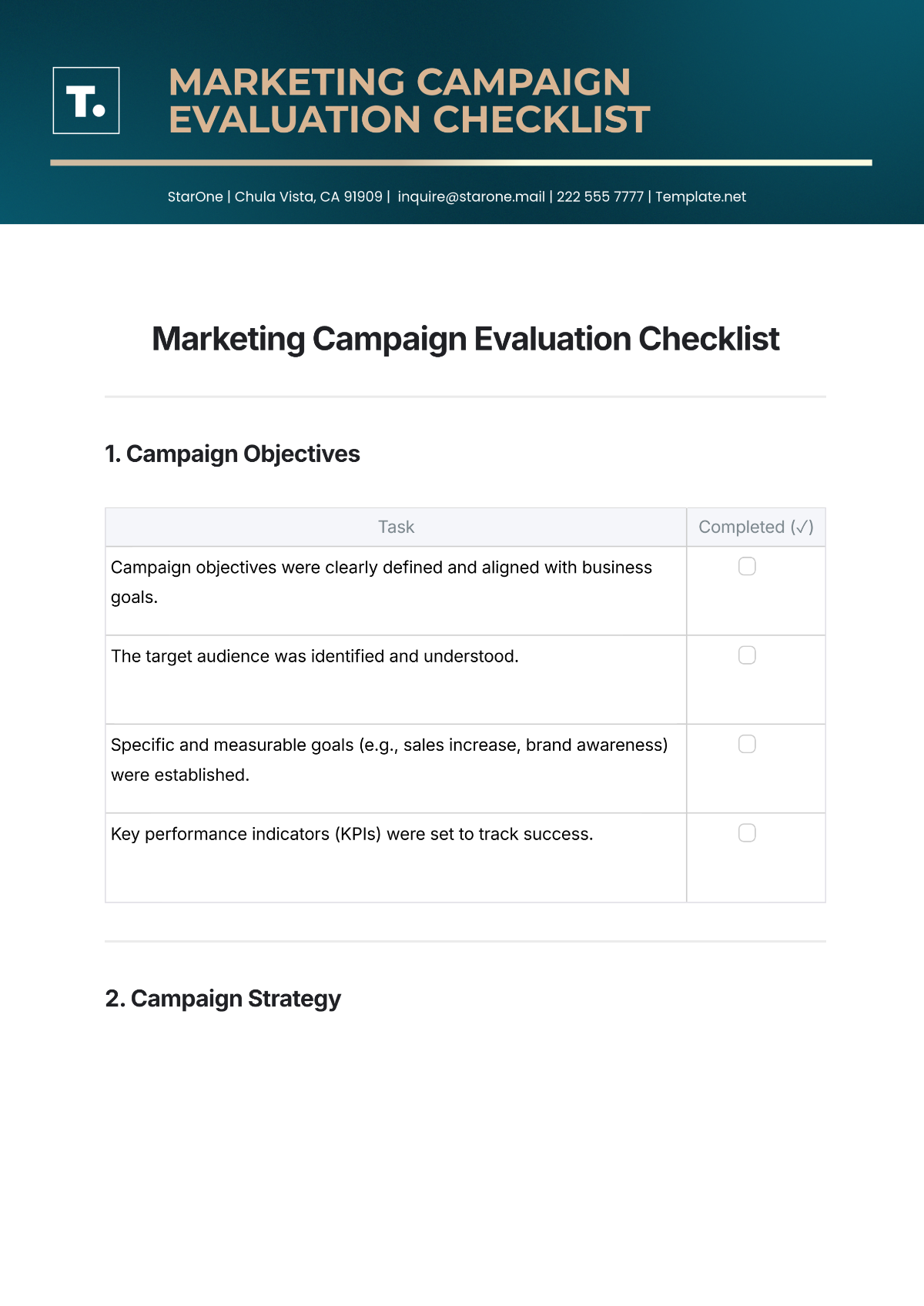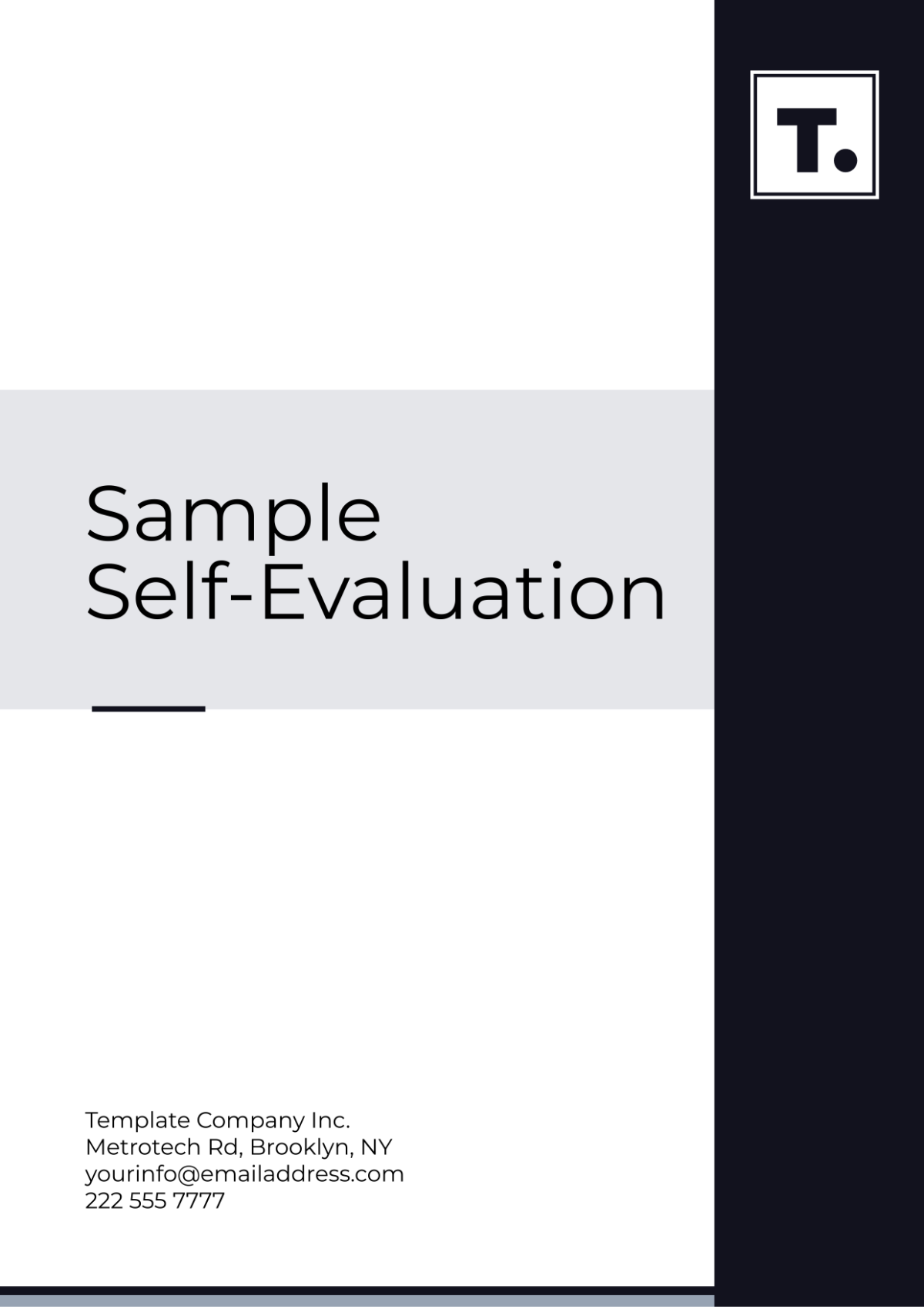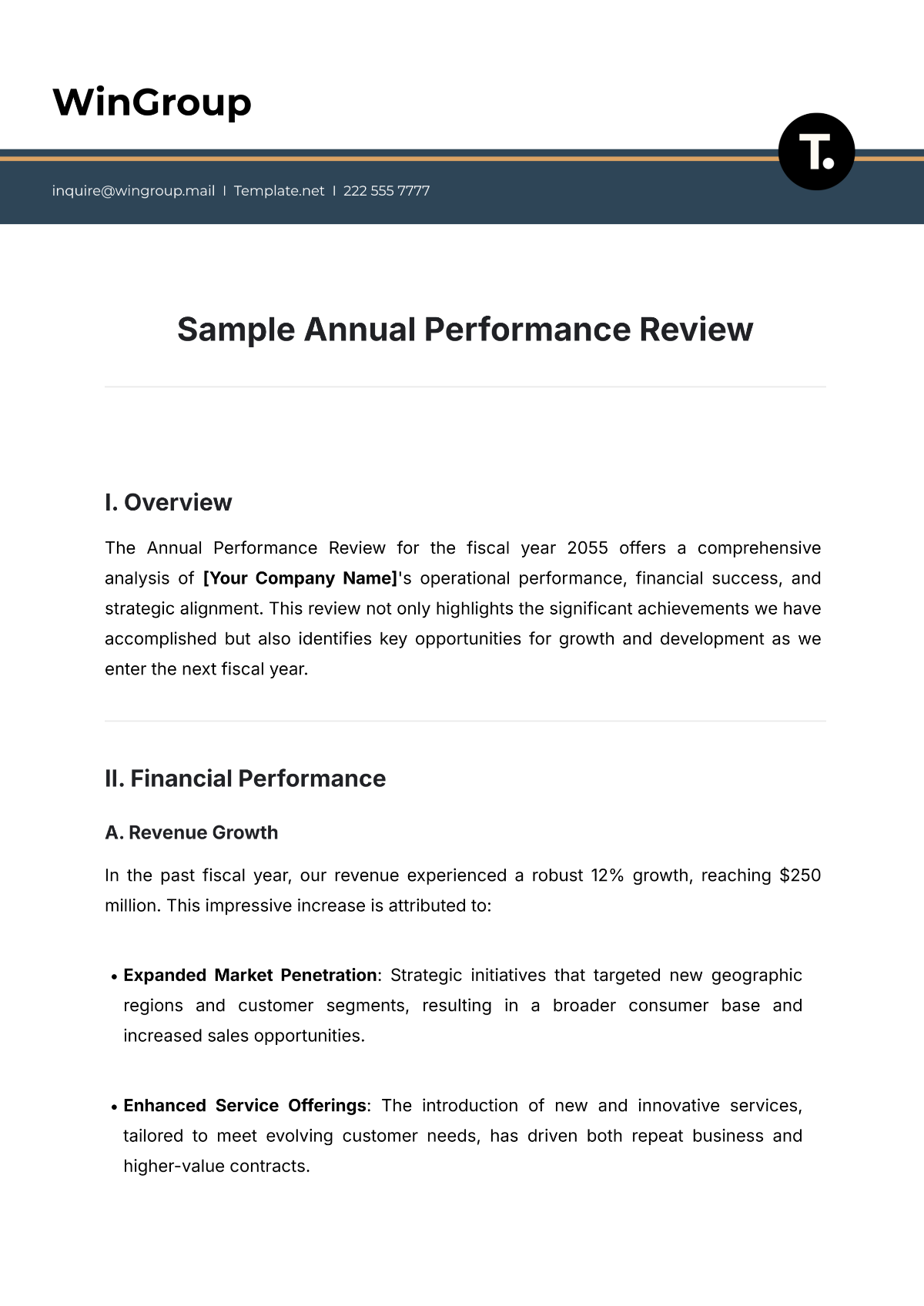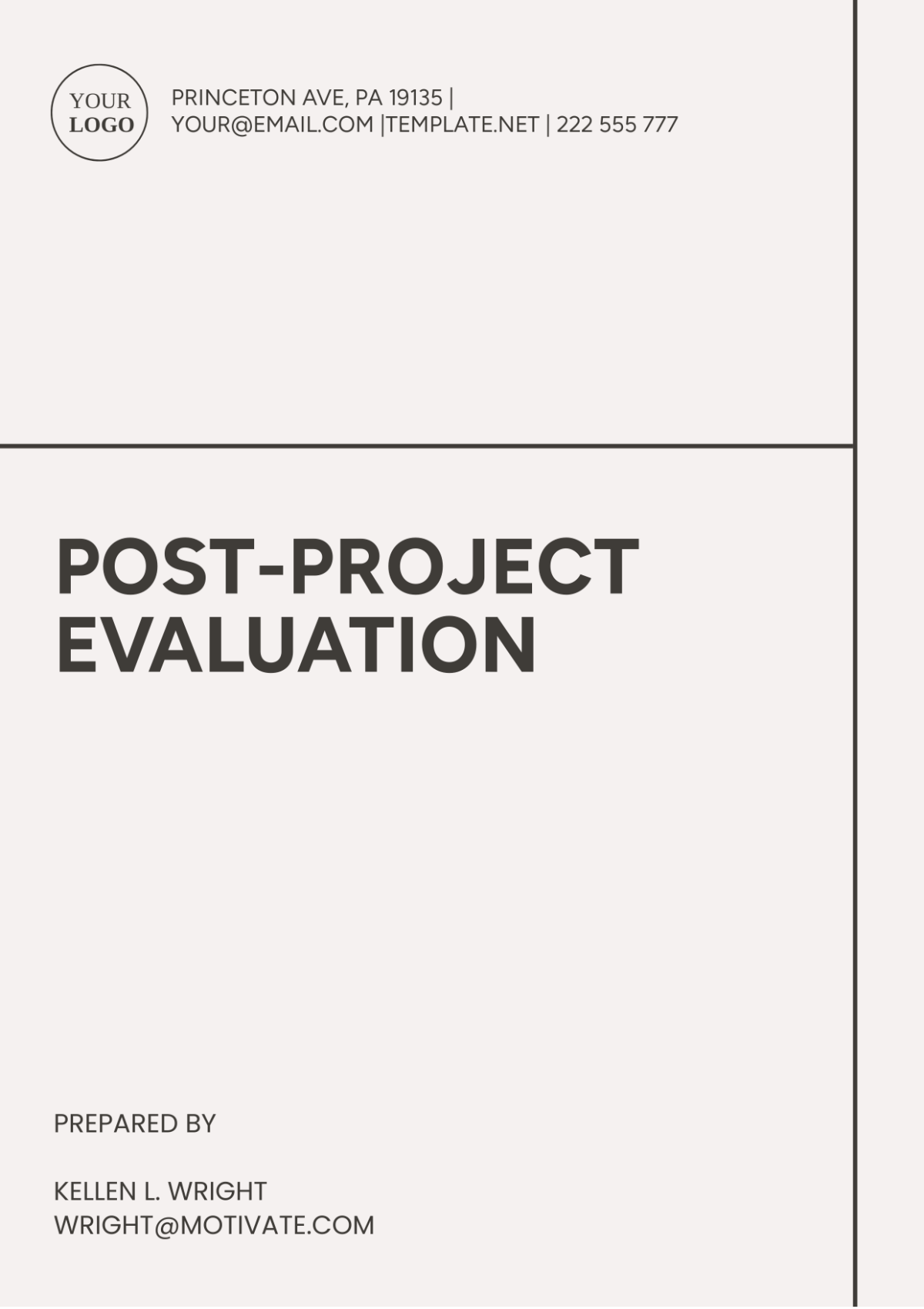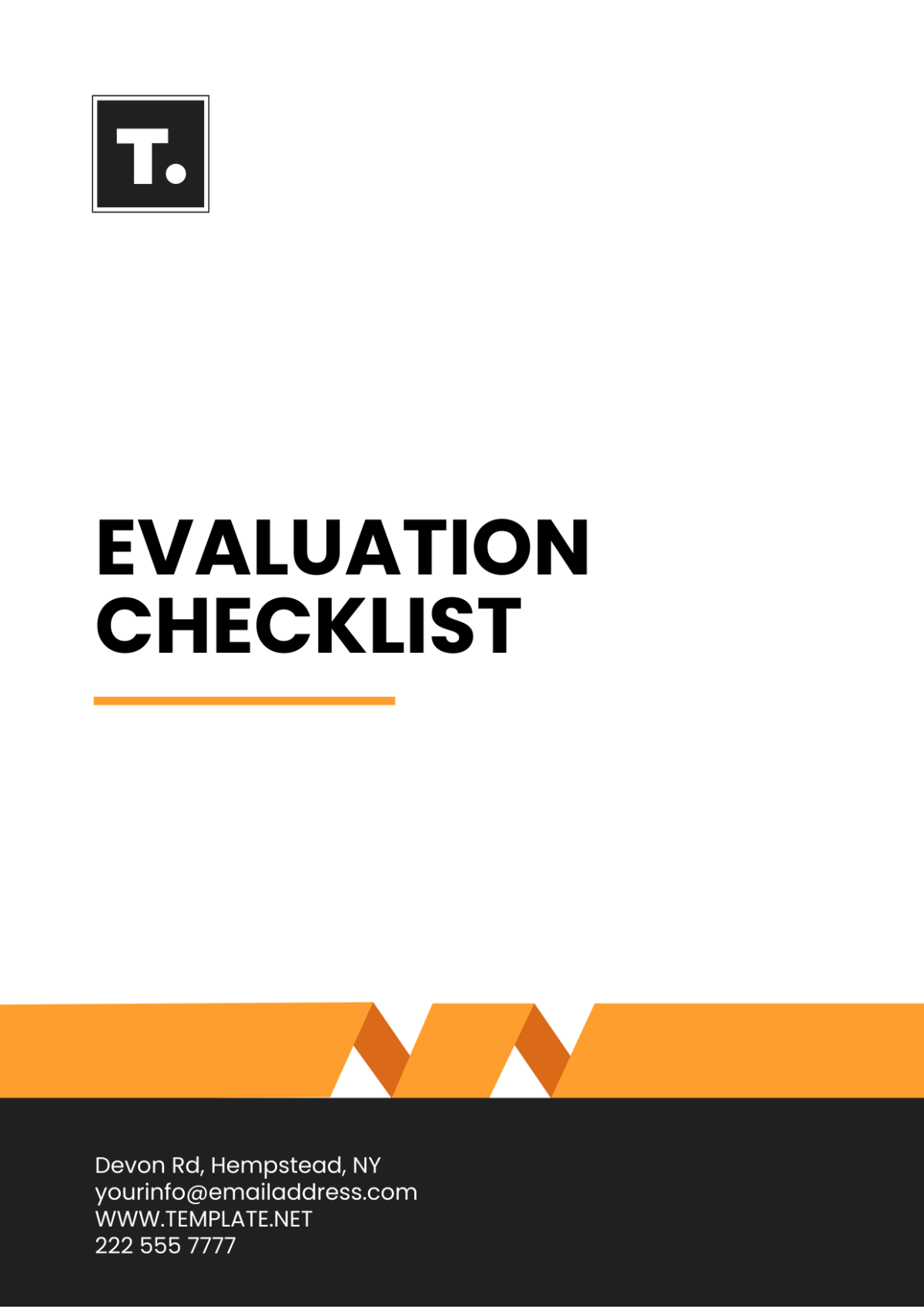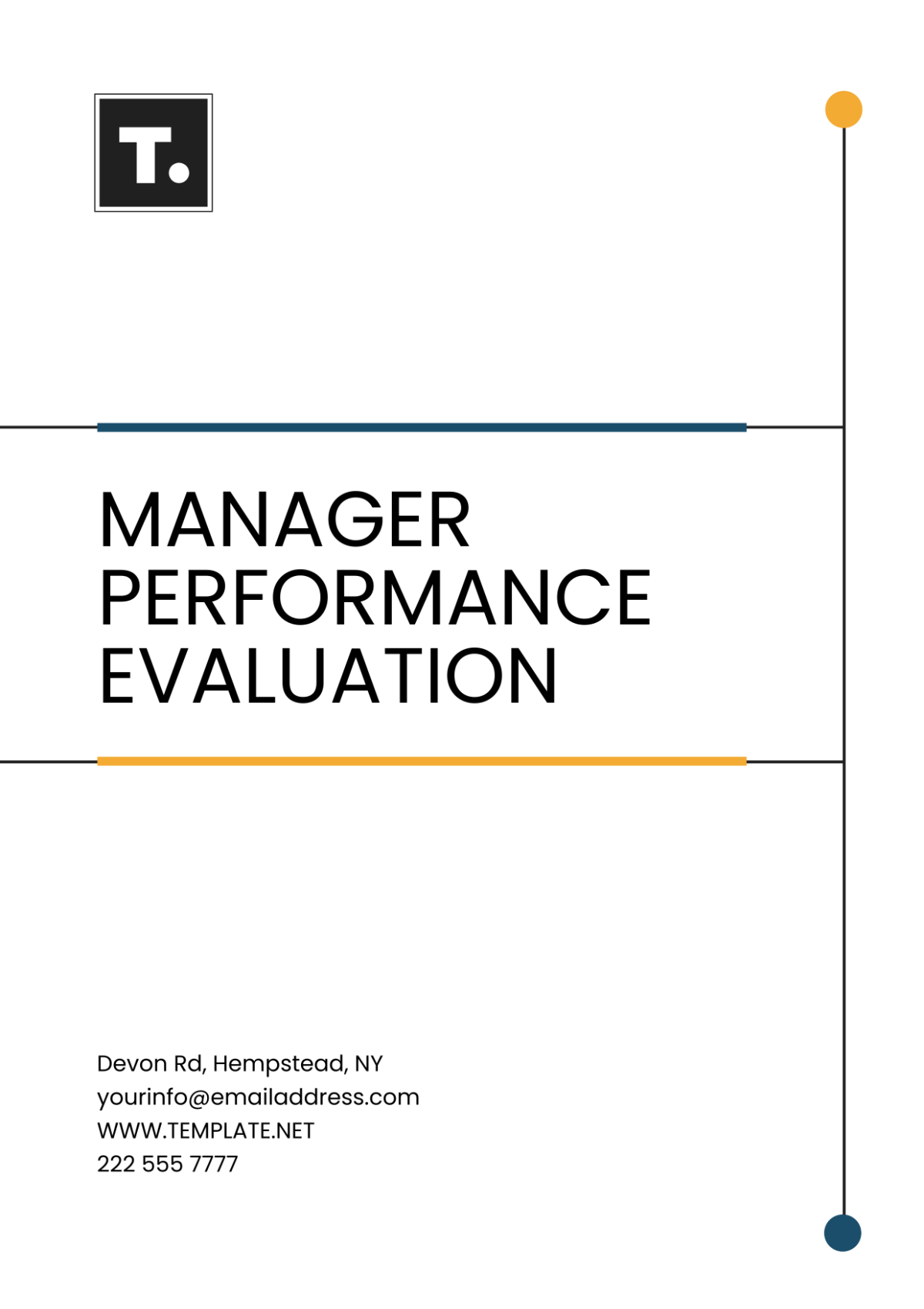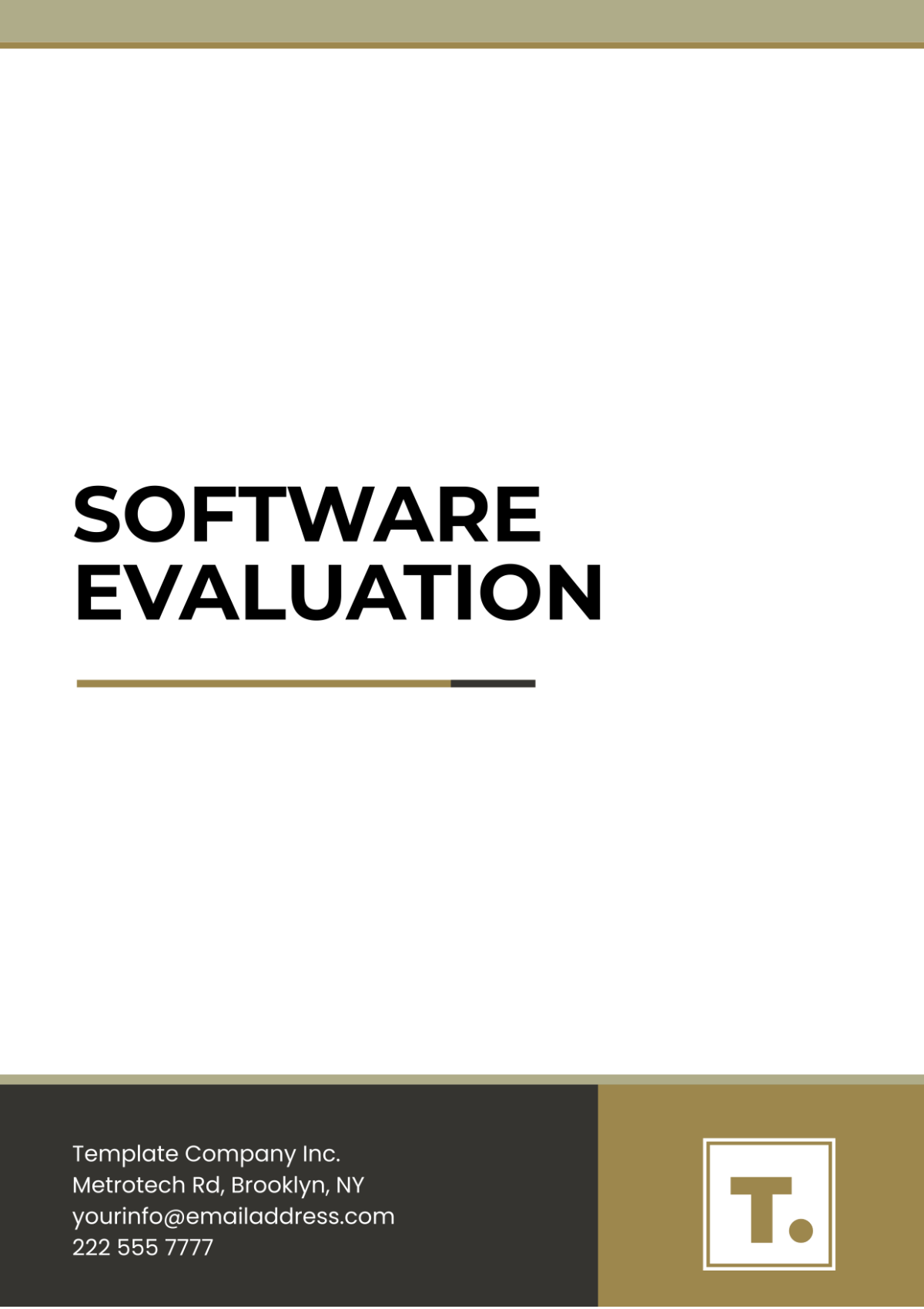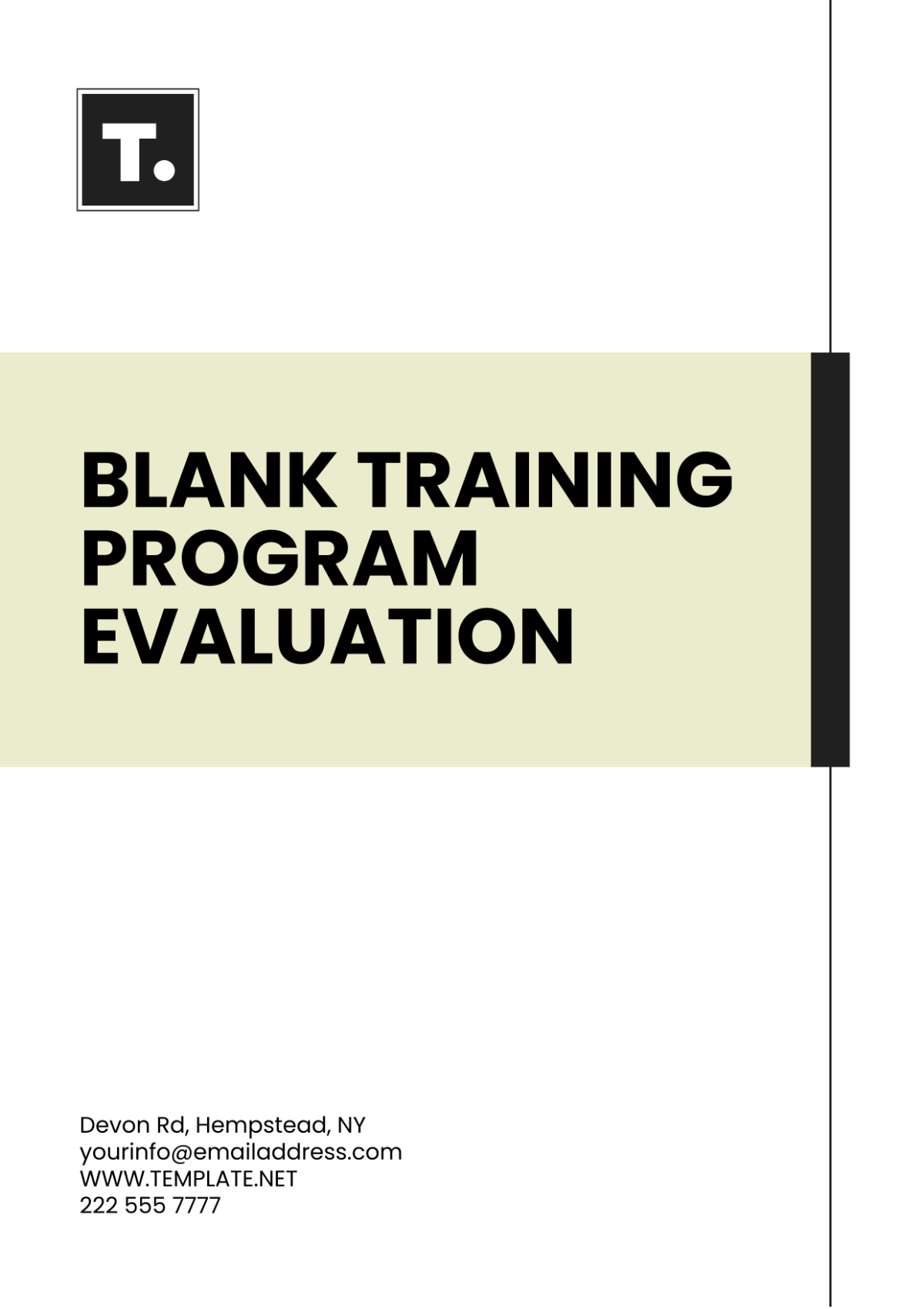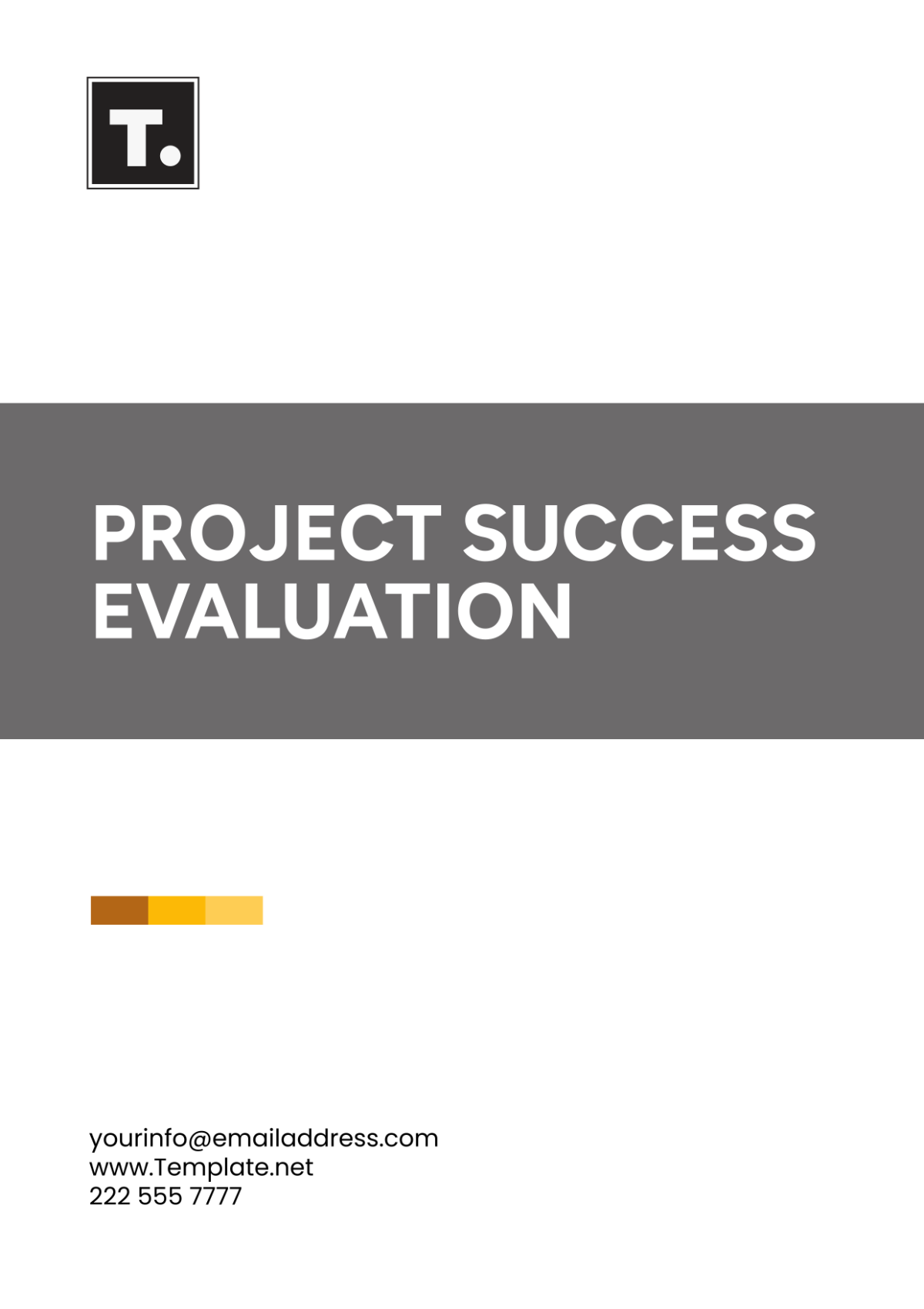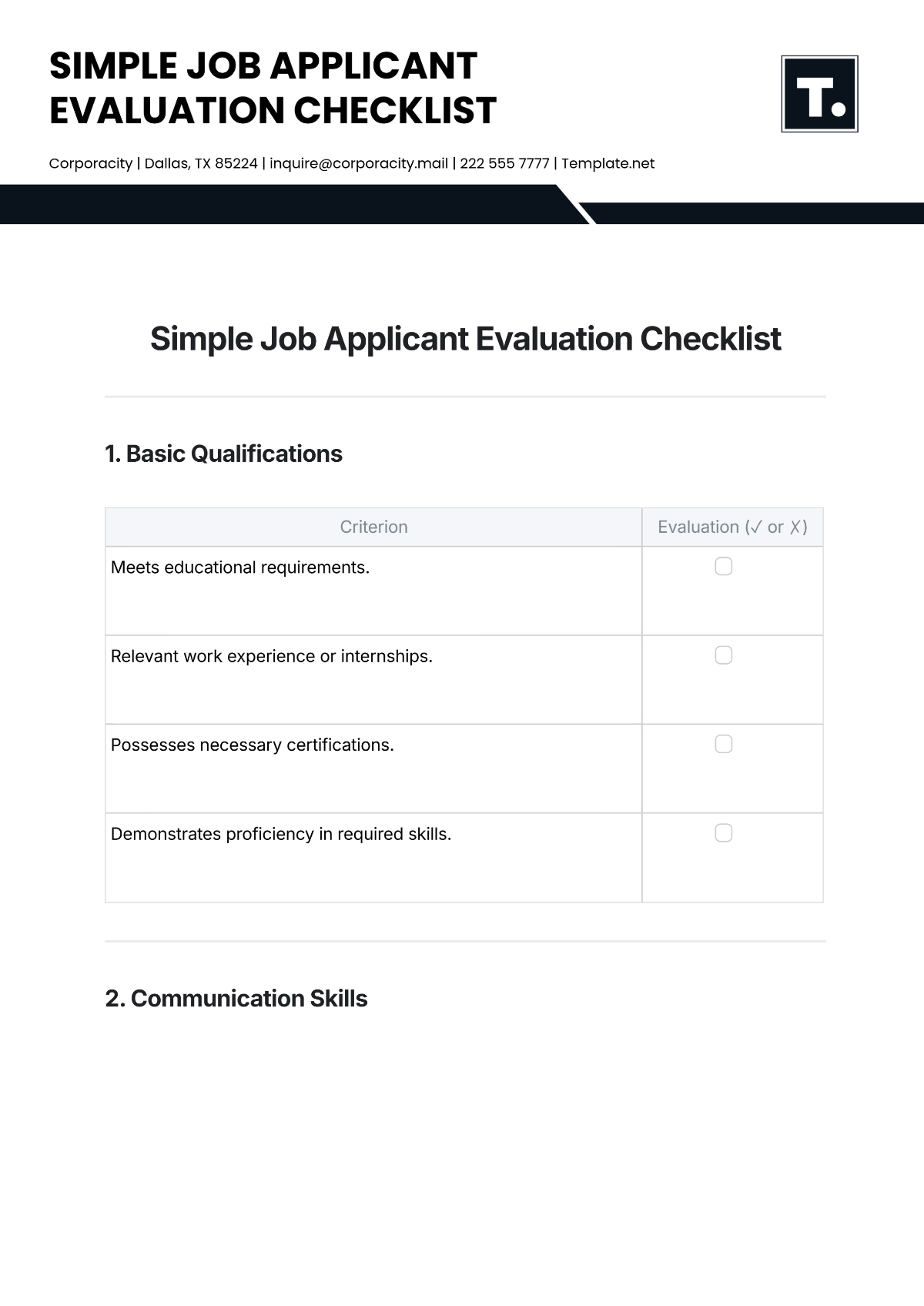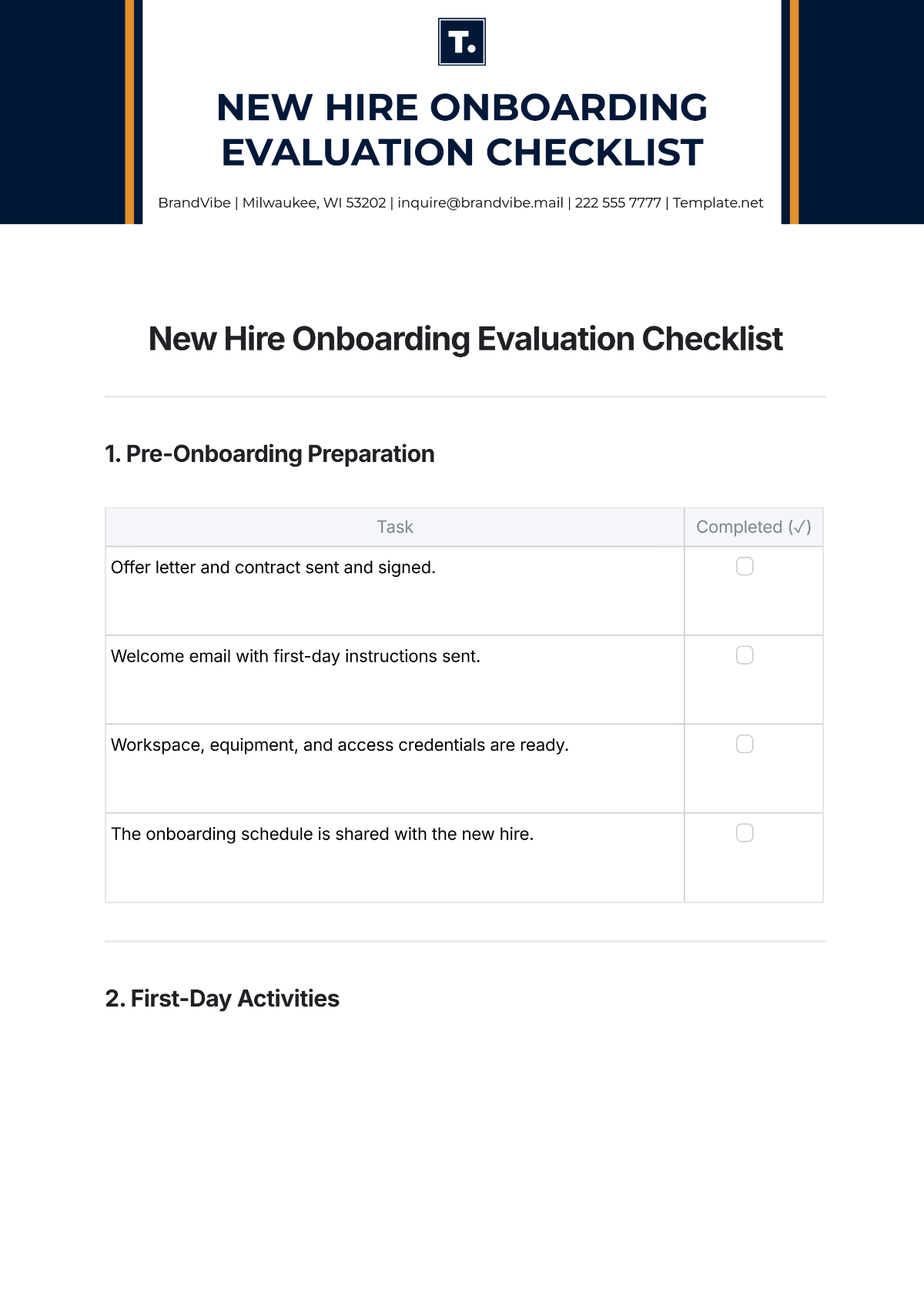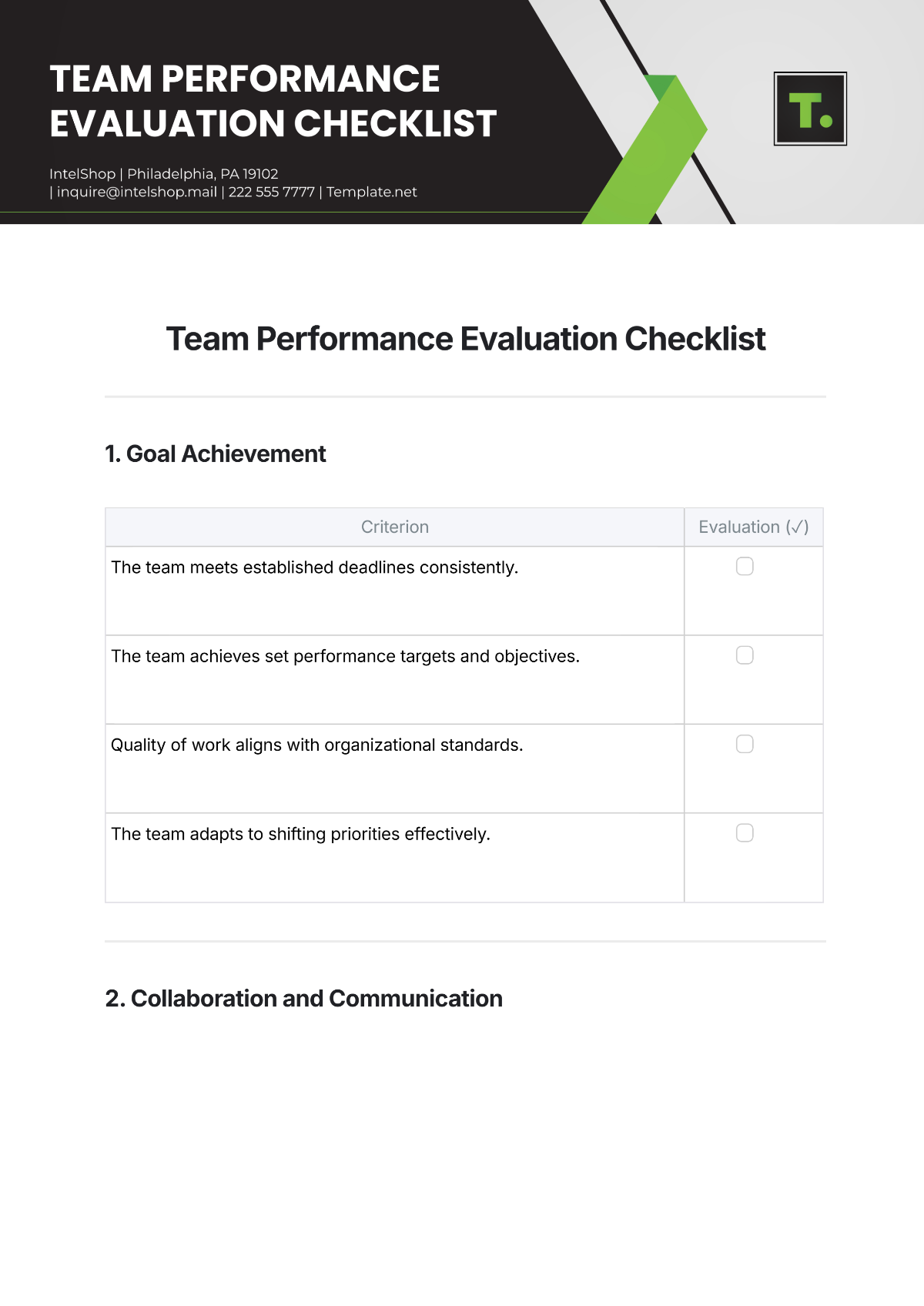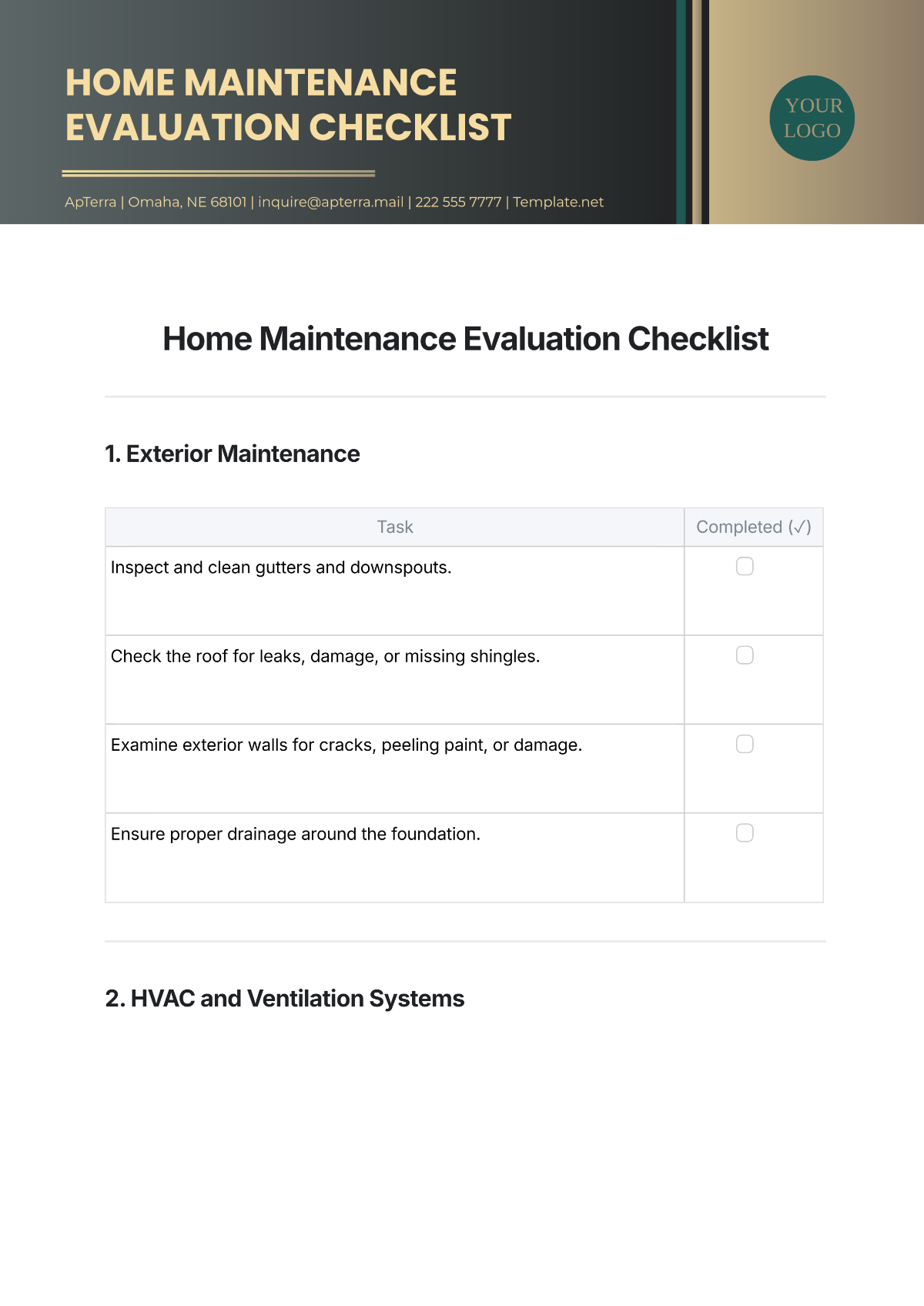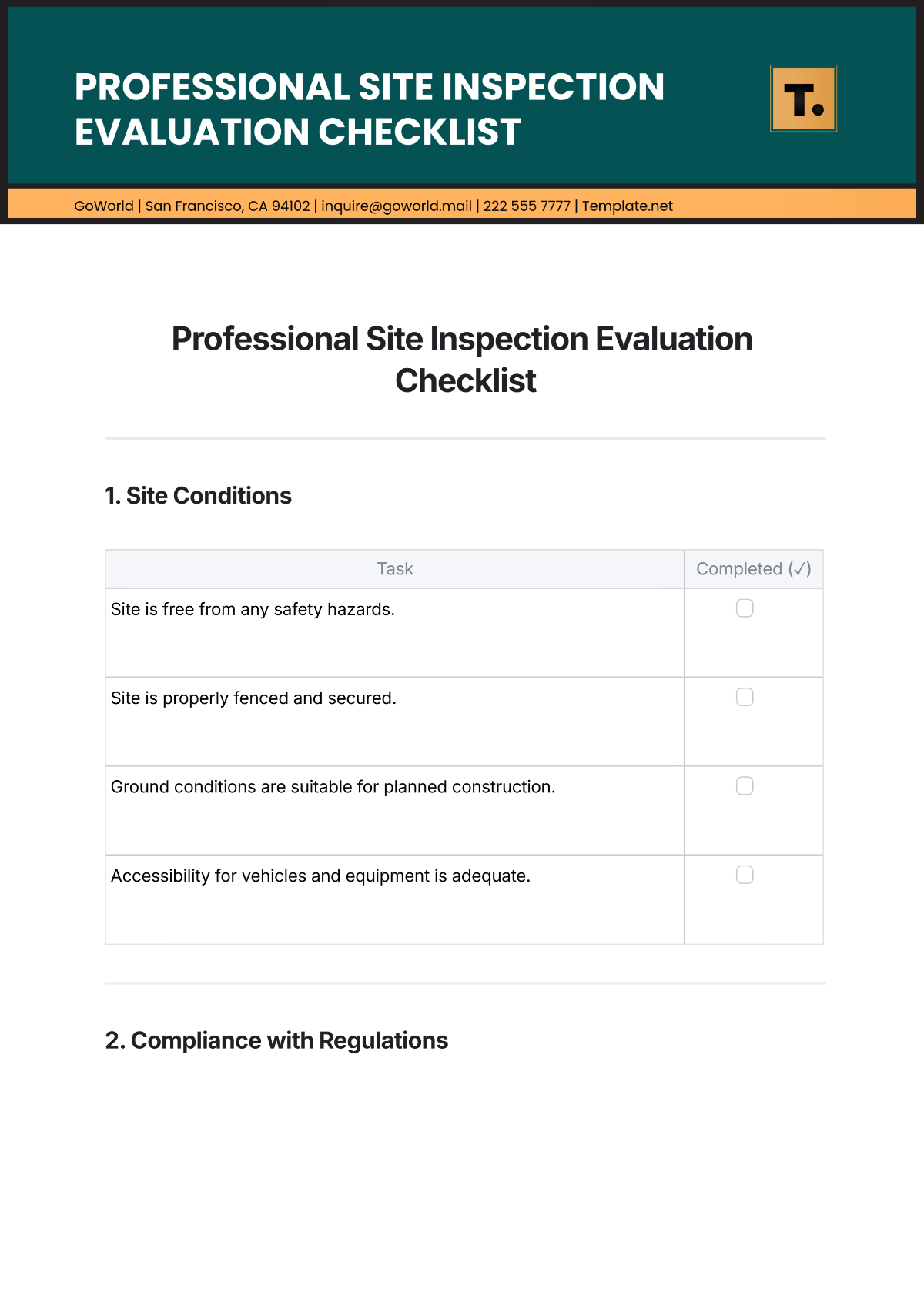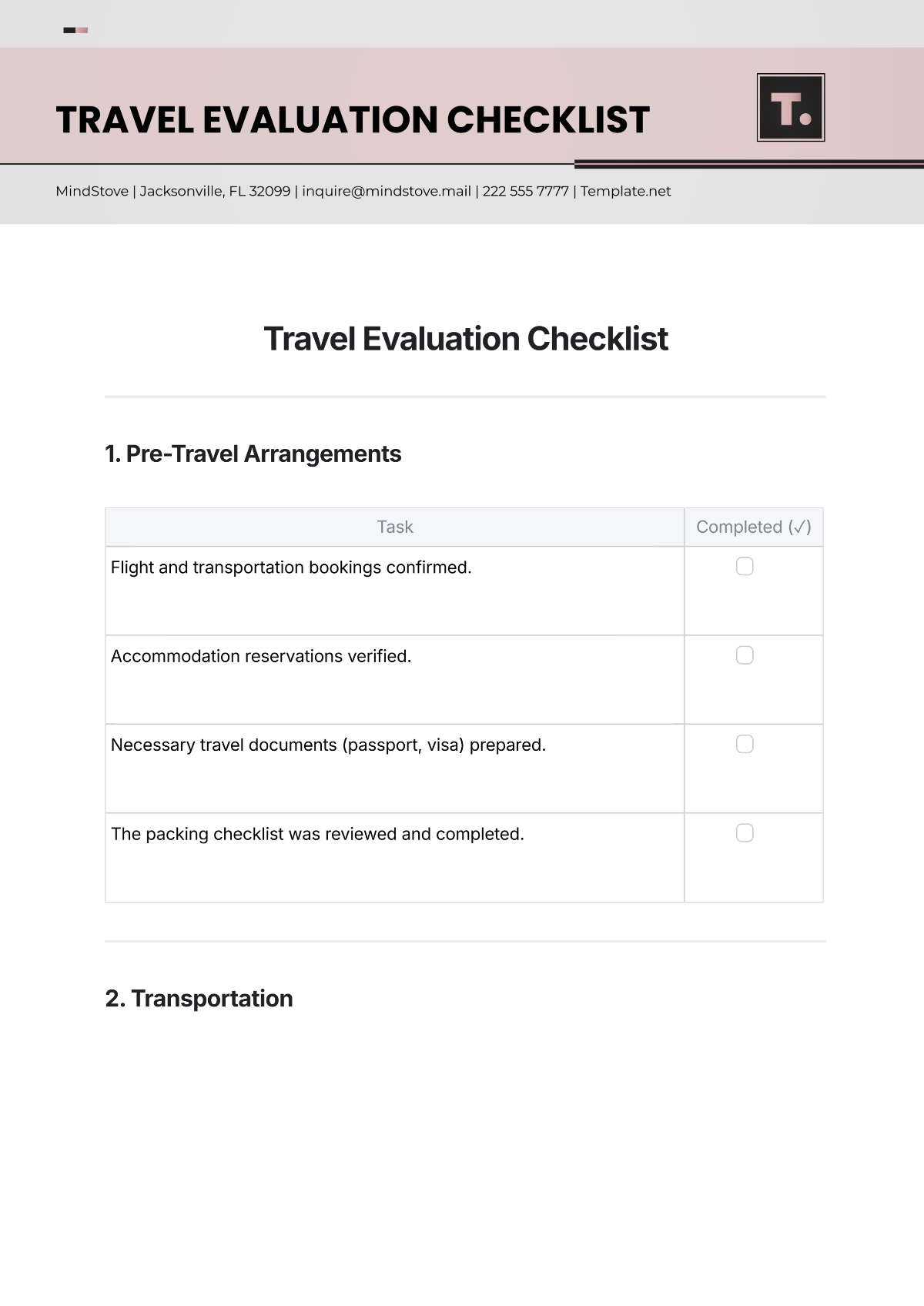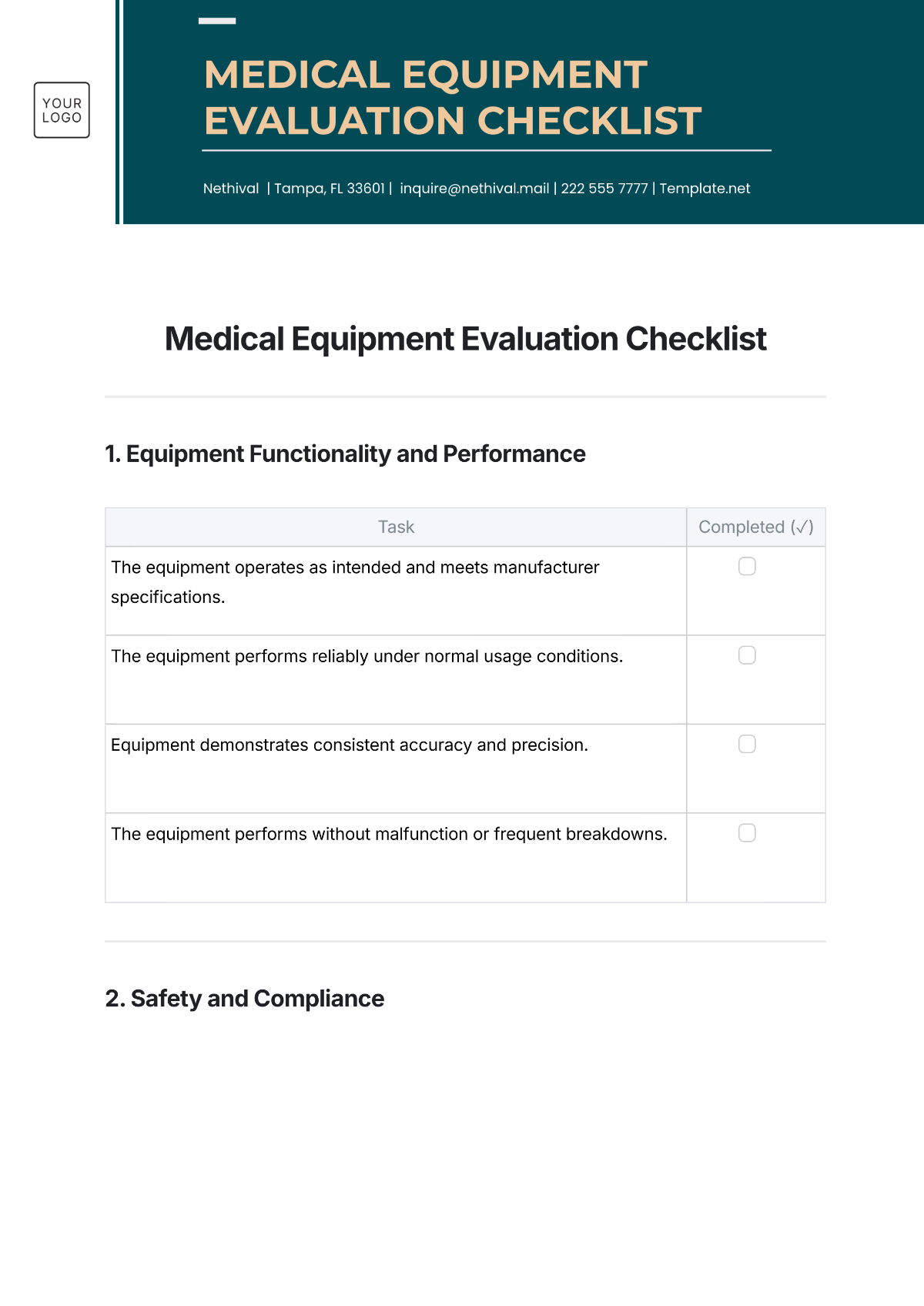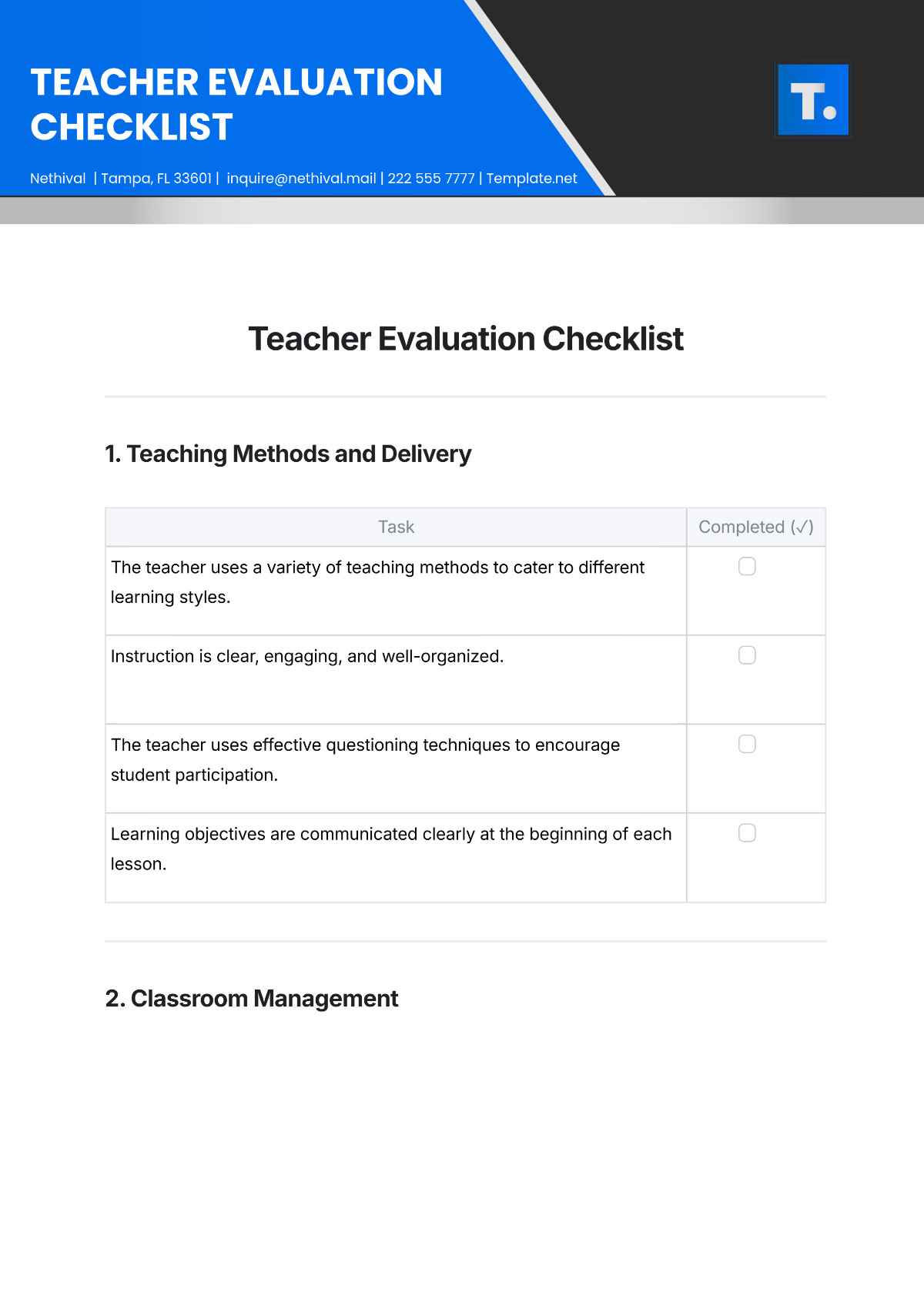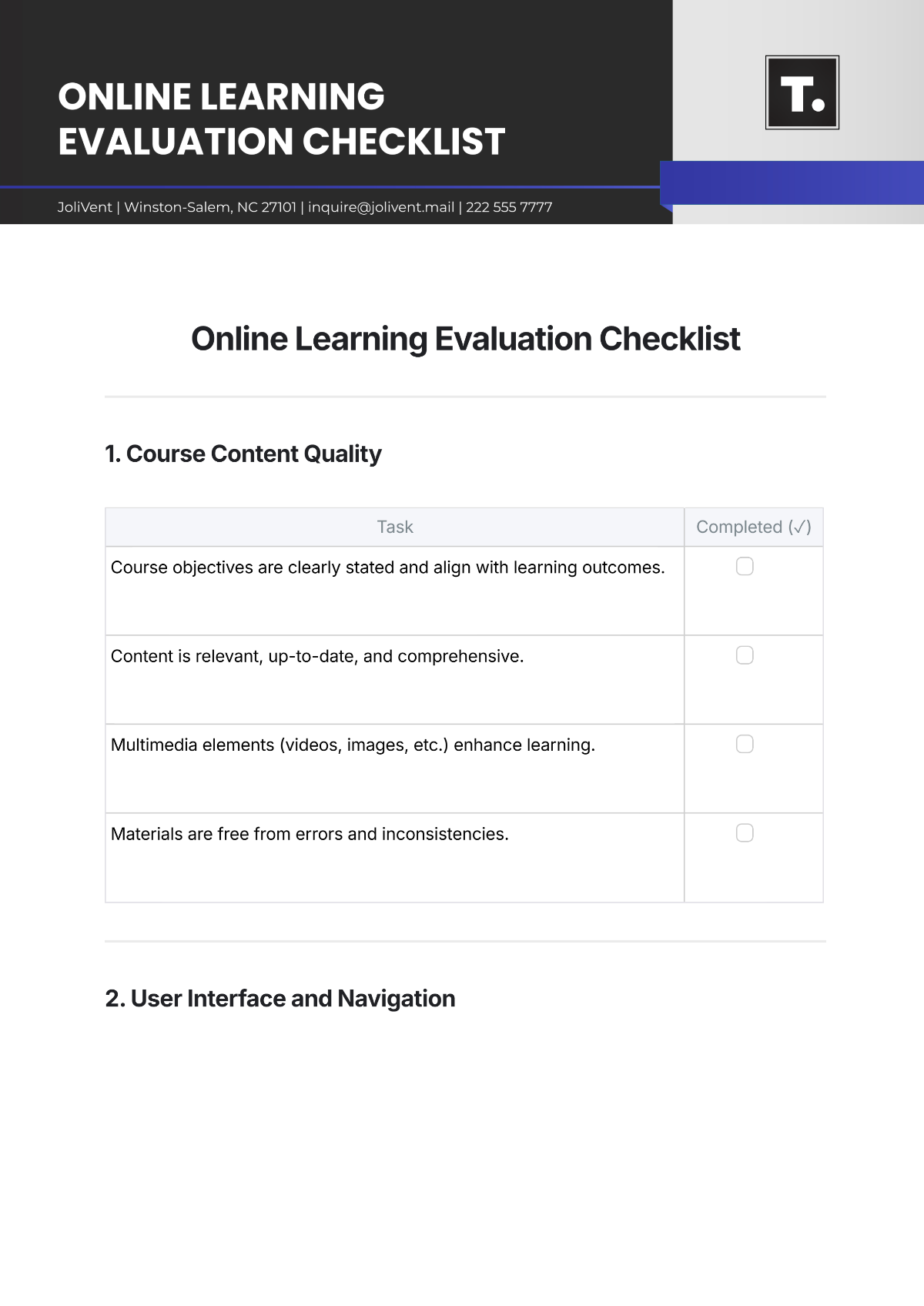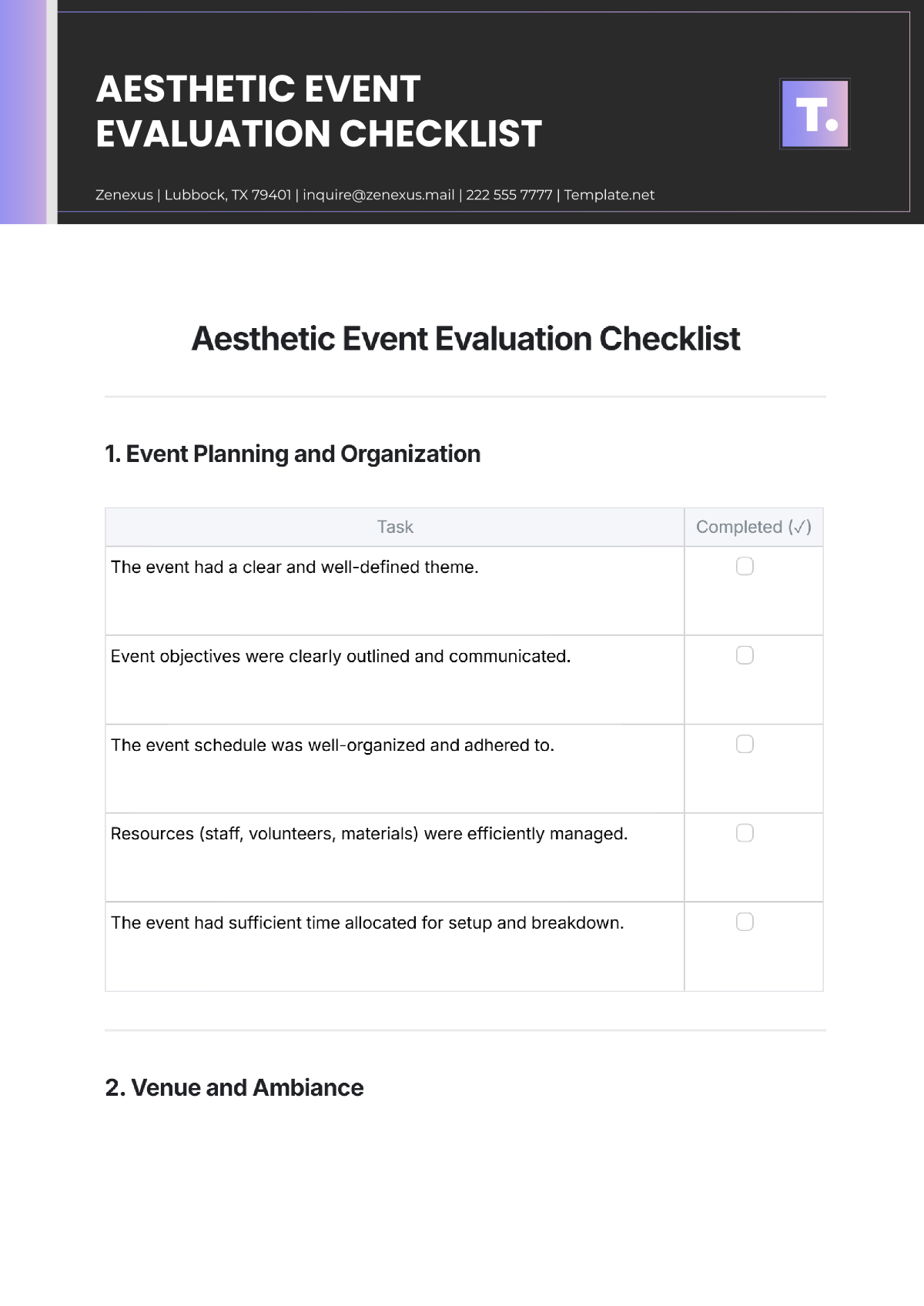Free Project Evaluation Methodology Template
Project Evaluation Methodology
Prepared by: [YOUR NAME]
Date: [DATE]
1. Introduction
The Project Evaluation Methodology is a systematic approach used to assess the performance, outcomes, and impact of a project. It outlines the criteria, processes, and tools for measuring a project's success, identifying areas for improvement, and ensuring that objectives are met.
2. Objectives of Project Evaluation
The primary objectives of project evaluation include:
Assessing the effectiveness of the project in achieving its goals
Identifying strengths and weaknesses of the project
Providing insights for future project planning and implementation
Ensuring accountability and transparency
3. Evaluation Criteria
3.1 Relevance
Examines the extent to which the project objectives are consistent with the beneficiaries' needs and priorities.
3.2 Effectiveness
Measures the extent to which the project objectives are achieved, considering their relative importance.
3.3 Efficiency
Assesses the relationship between the inputs and the outputs, considering whether the project's resources have been used in the best possible manner.
3.4 Impact
Evaluates the wider effects of the project, including the intended and unintended, positive and negative outcomes.
3.5 Sustainability
Analyzes whether the benefits of the project are likely to continue after the project has been completed.
4. Evaluation Process
4.1 Planning
Define the scope and purpose of the evaluation
Identify stakeholders and their roles
Develop an evaluation plan, including objectives, criteria, and methodologies
4.2 Data Collection
Design and implement data collection instruments
Gather quantitative and qualitative data through surveys, interviews, focus groups, and other methods
4.3 Data Analysis
Analyze the data using appropriate statistical and qualitative methods
Interpret the findings about the evaluation criteria and project objectives
4.4 Reporting
Prepare a comprehensive evaluation report, including methodology, findings, conclusions, and recommendations
Share the report with stakeholders and facilitate discussions to interpret the results
4.5 Follow-Up
Implement the recommendations from the evaluation
Monitor the effects of the changes made in response to the evaluation
5. Tools and Techniques
Various tools and techniques can be employed to conduct a project evaluation, including:
Surveys and Questionnaires: To gather quantitative data from a large sample size
Interviews: To obtain in-depth qualitative data
Focus Groups: For group discussions and obtaining diverse perspectives
Document Analysis: Reviewing and analyzing existing project documents and records
Observation: Directly observing project activities and processes
6. Conclusion
The Project Evaluation Methodology provides a structured approach for assessing project performance, outcomes, and impact. By following this methodology, organizations can ensure that their projects are effectively meeting objectives, identify areas for improvement, and make informed decisions for future planning.

